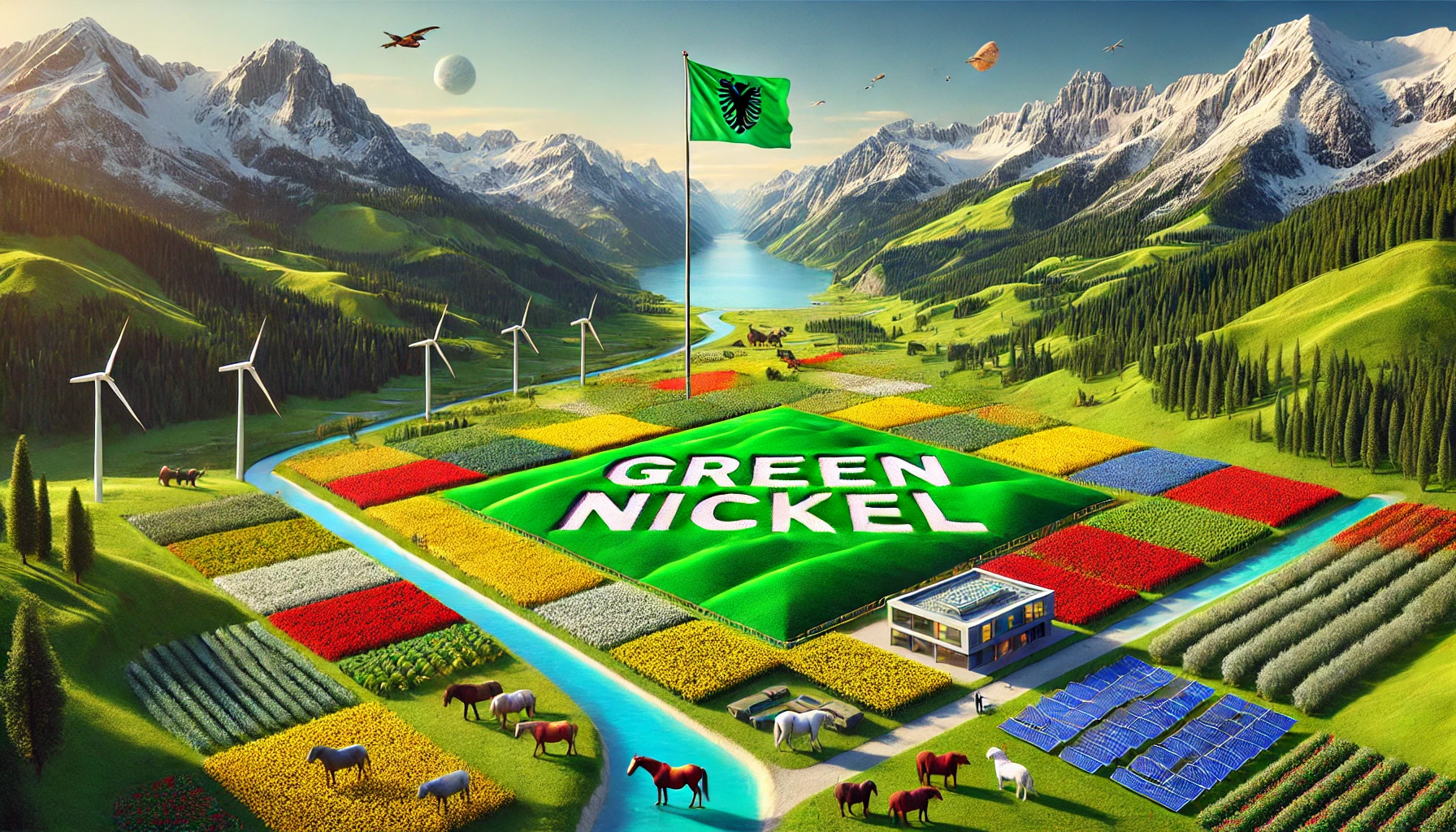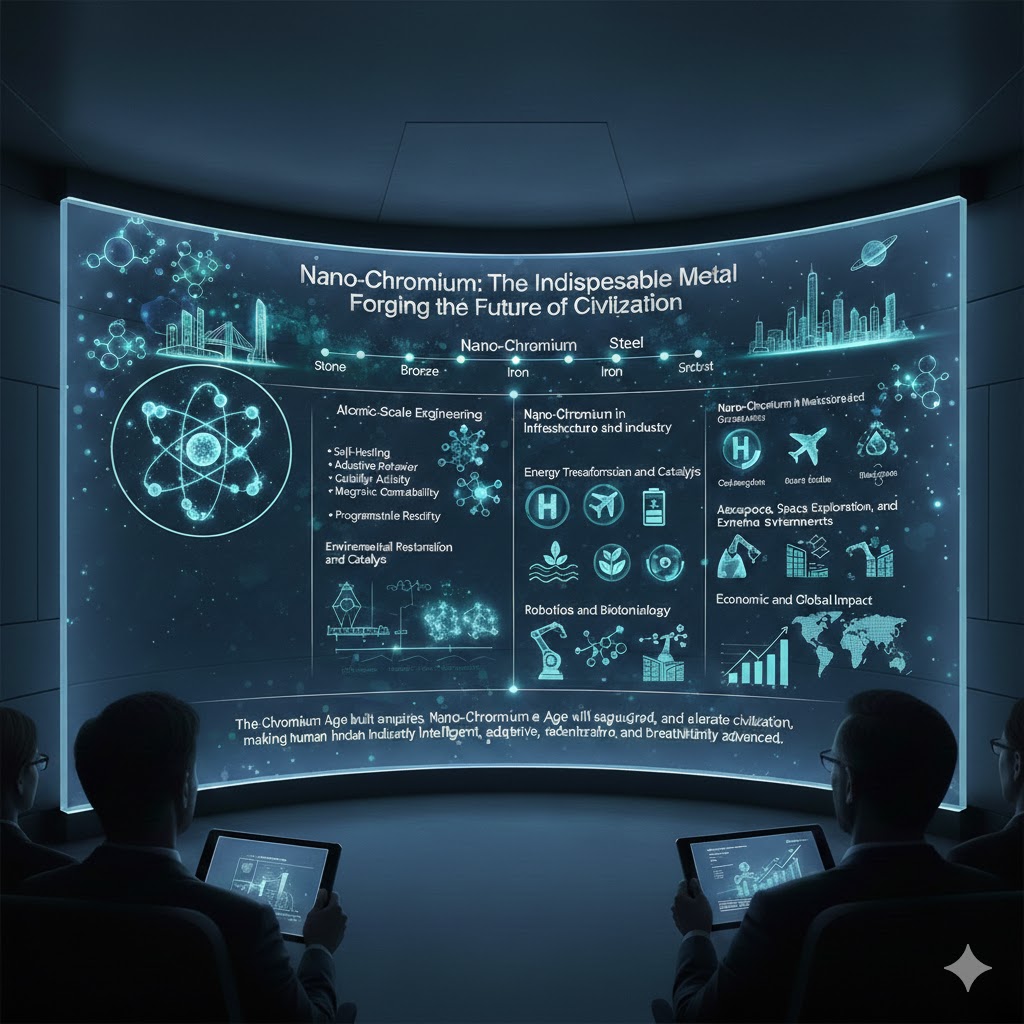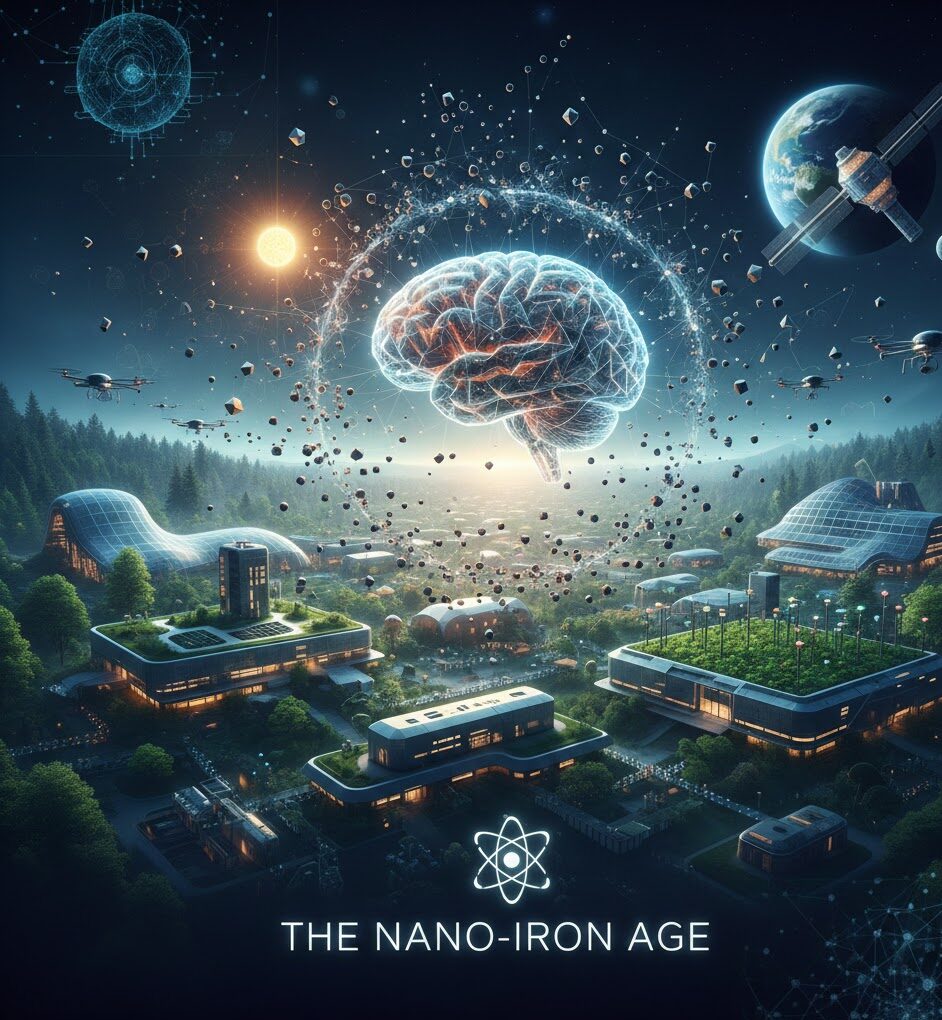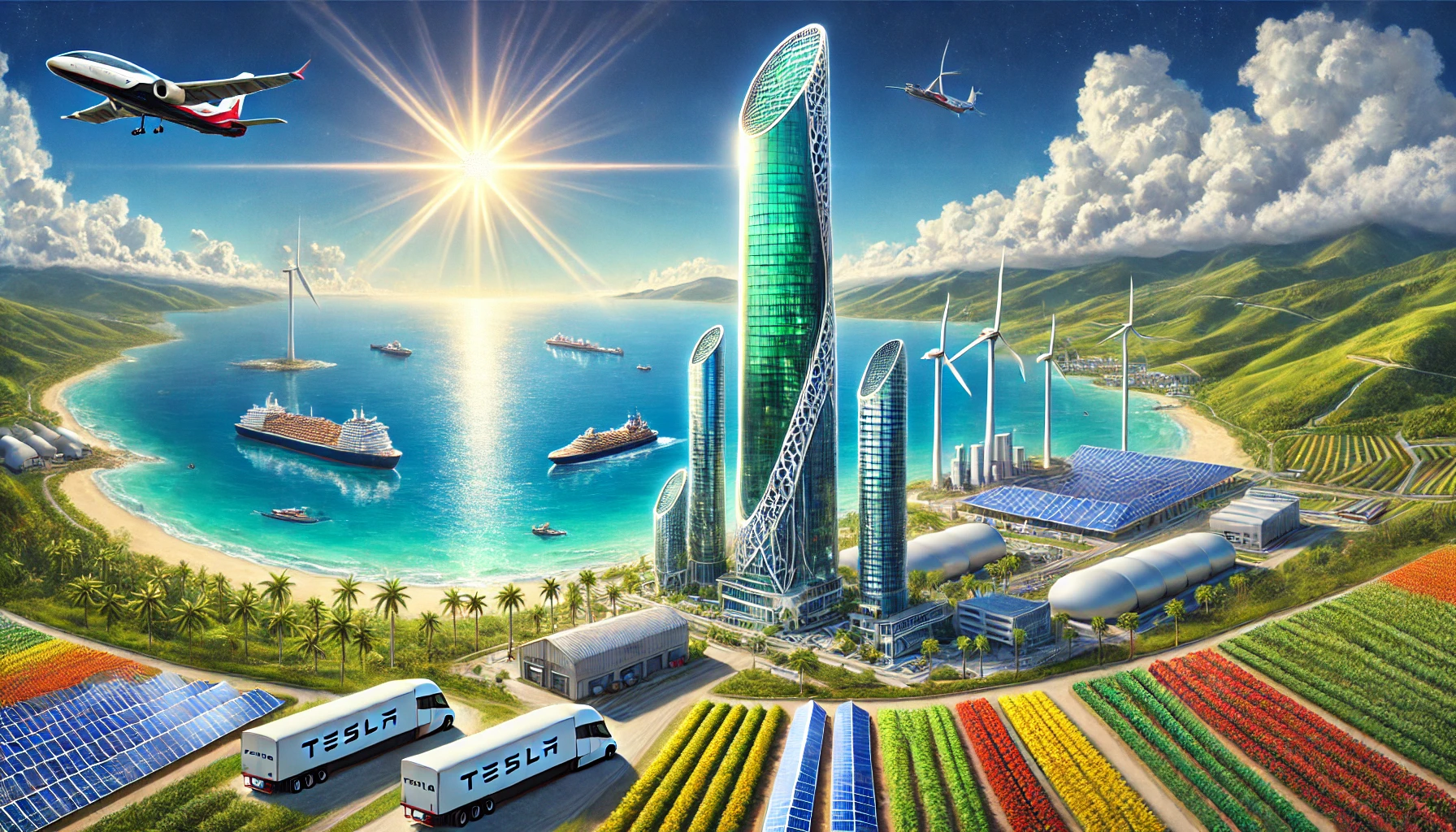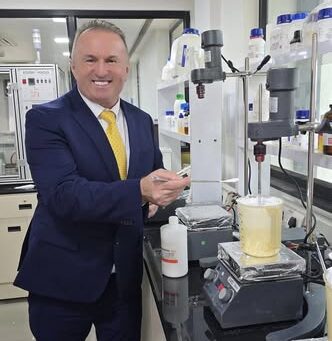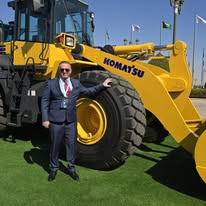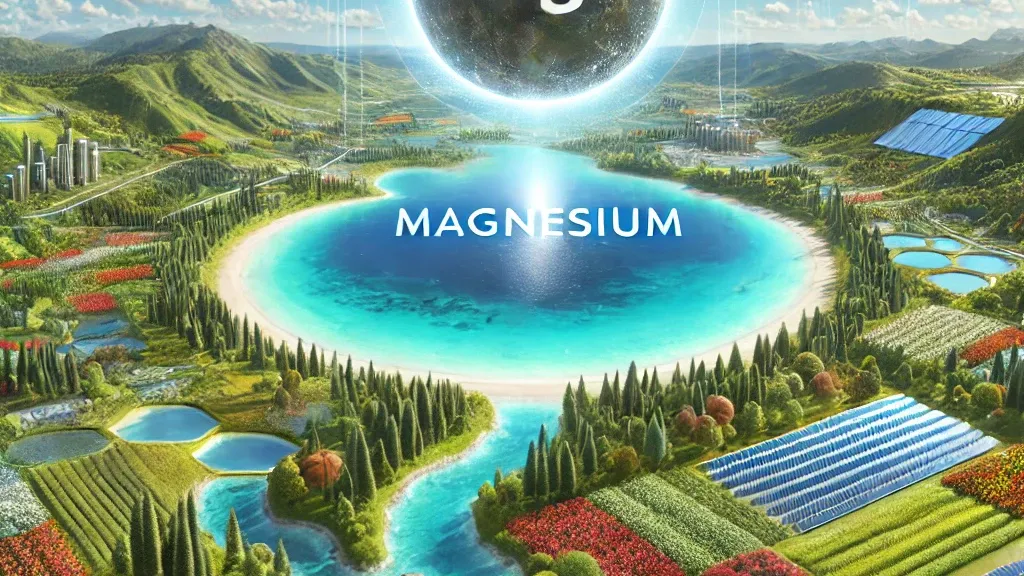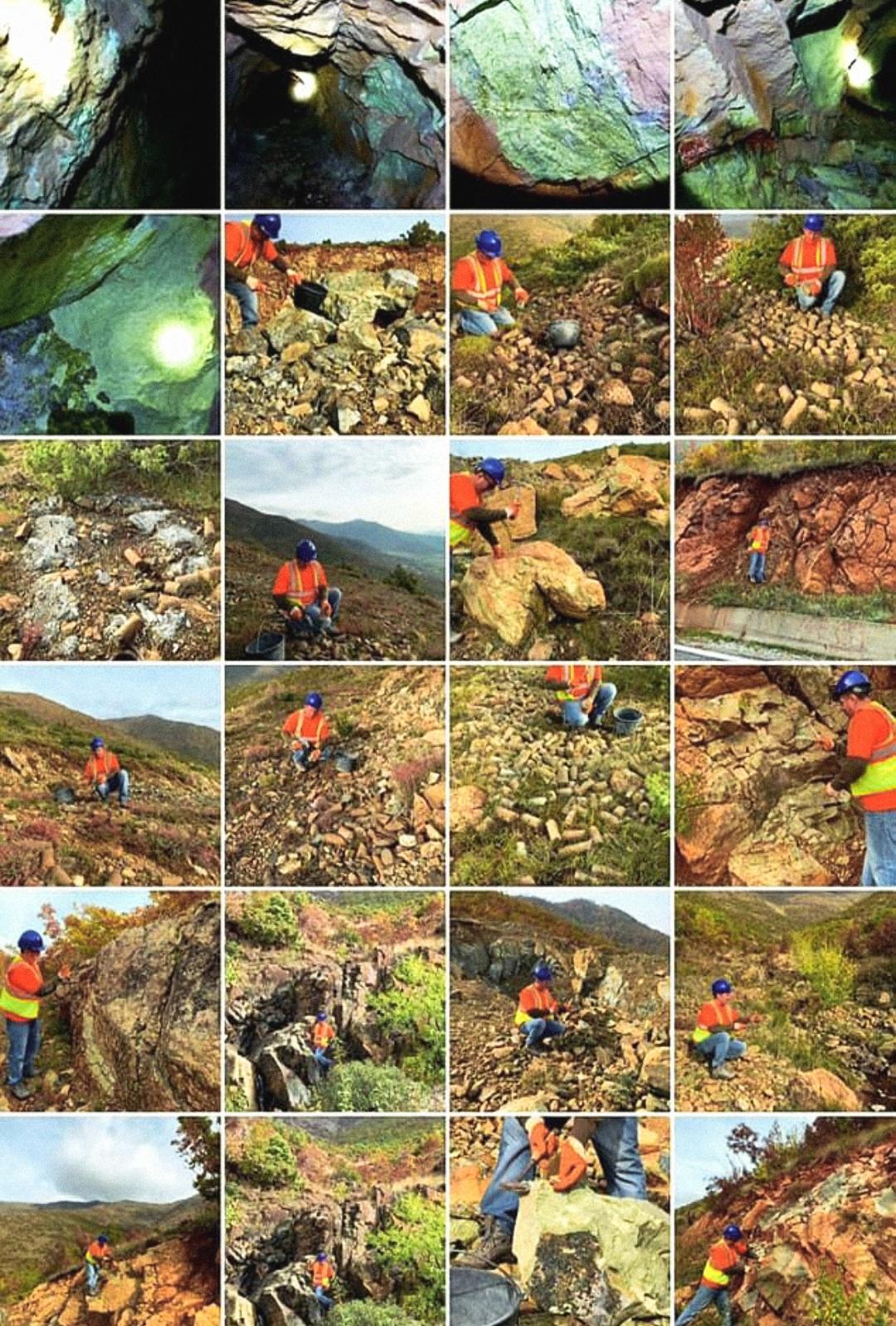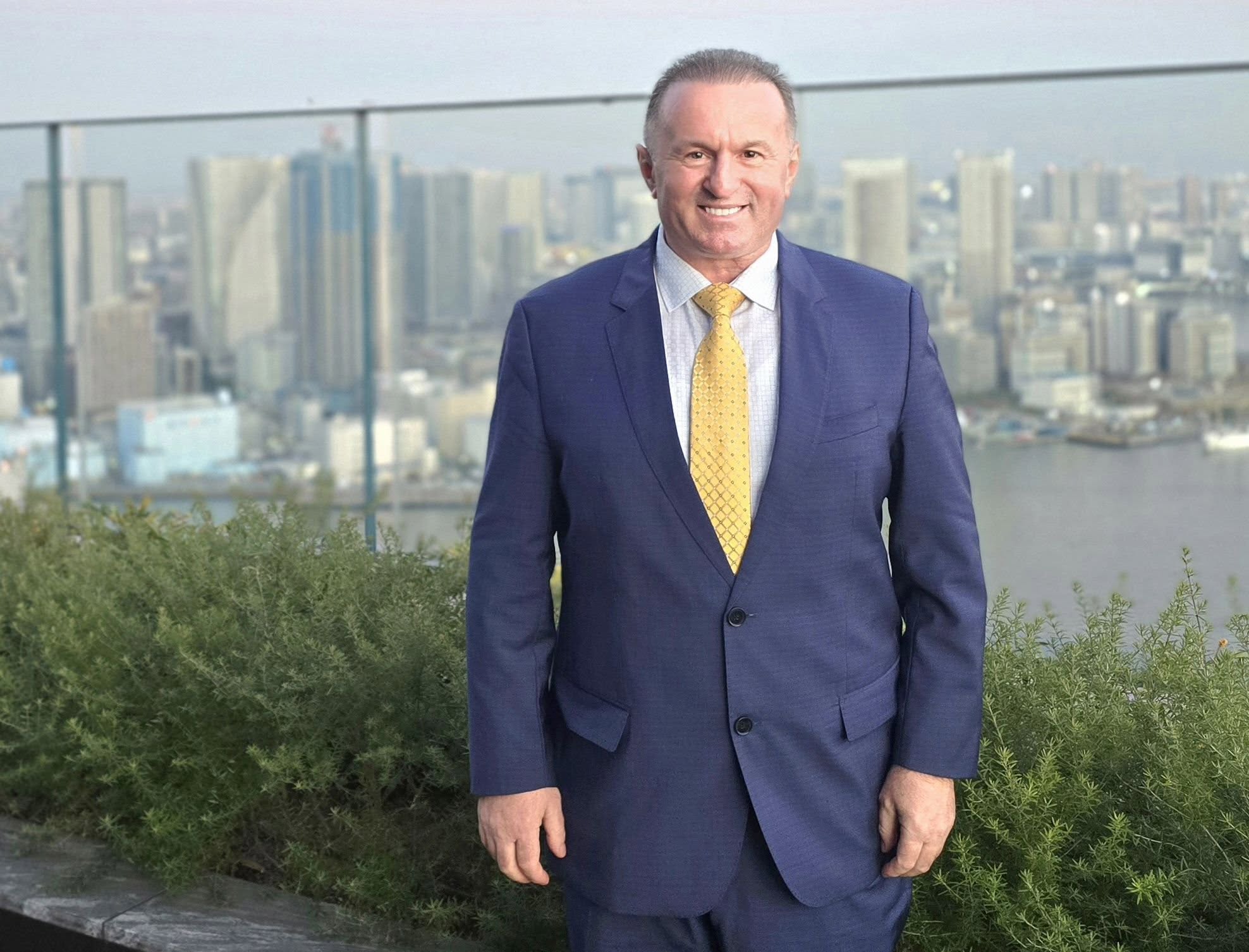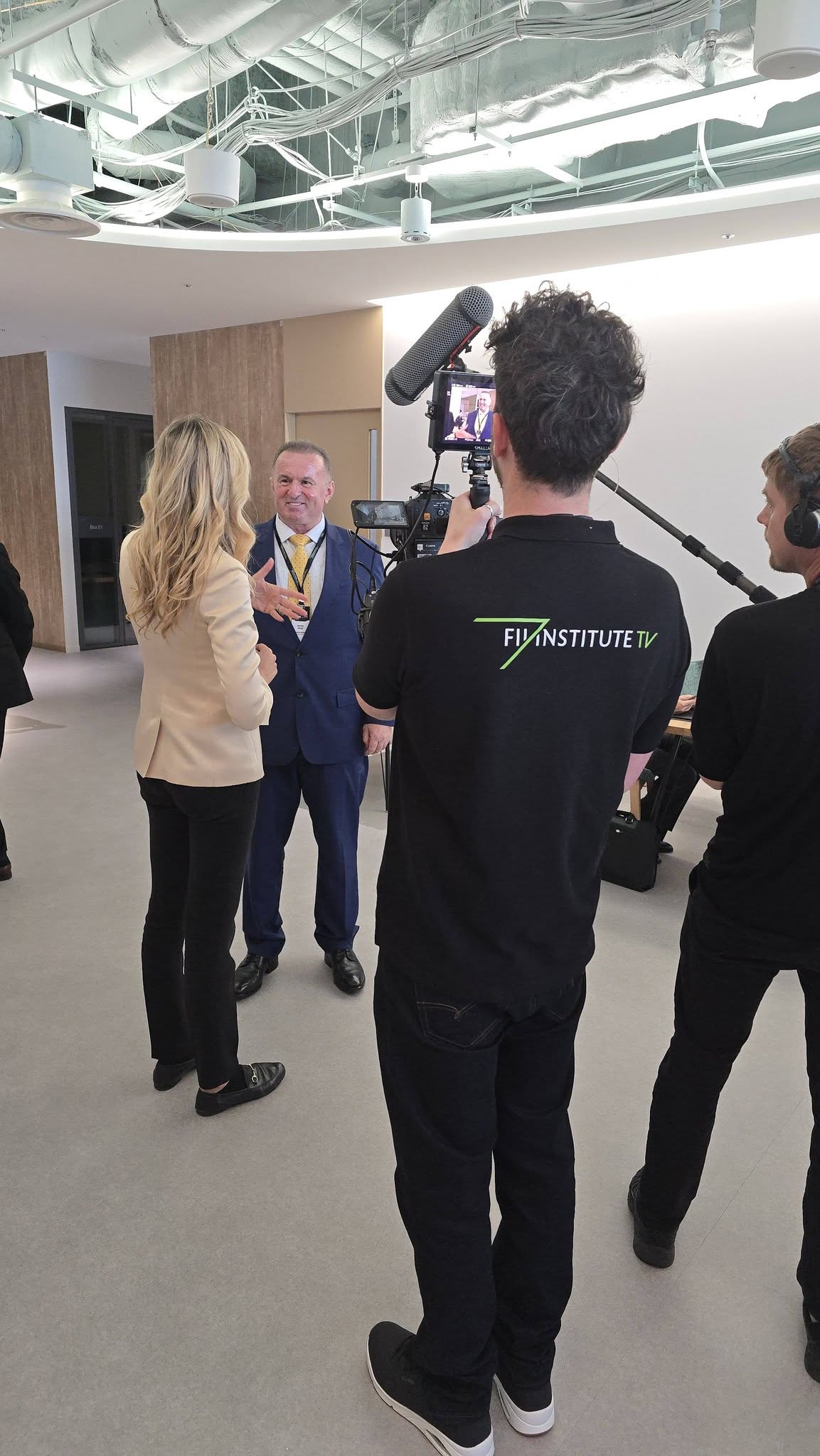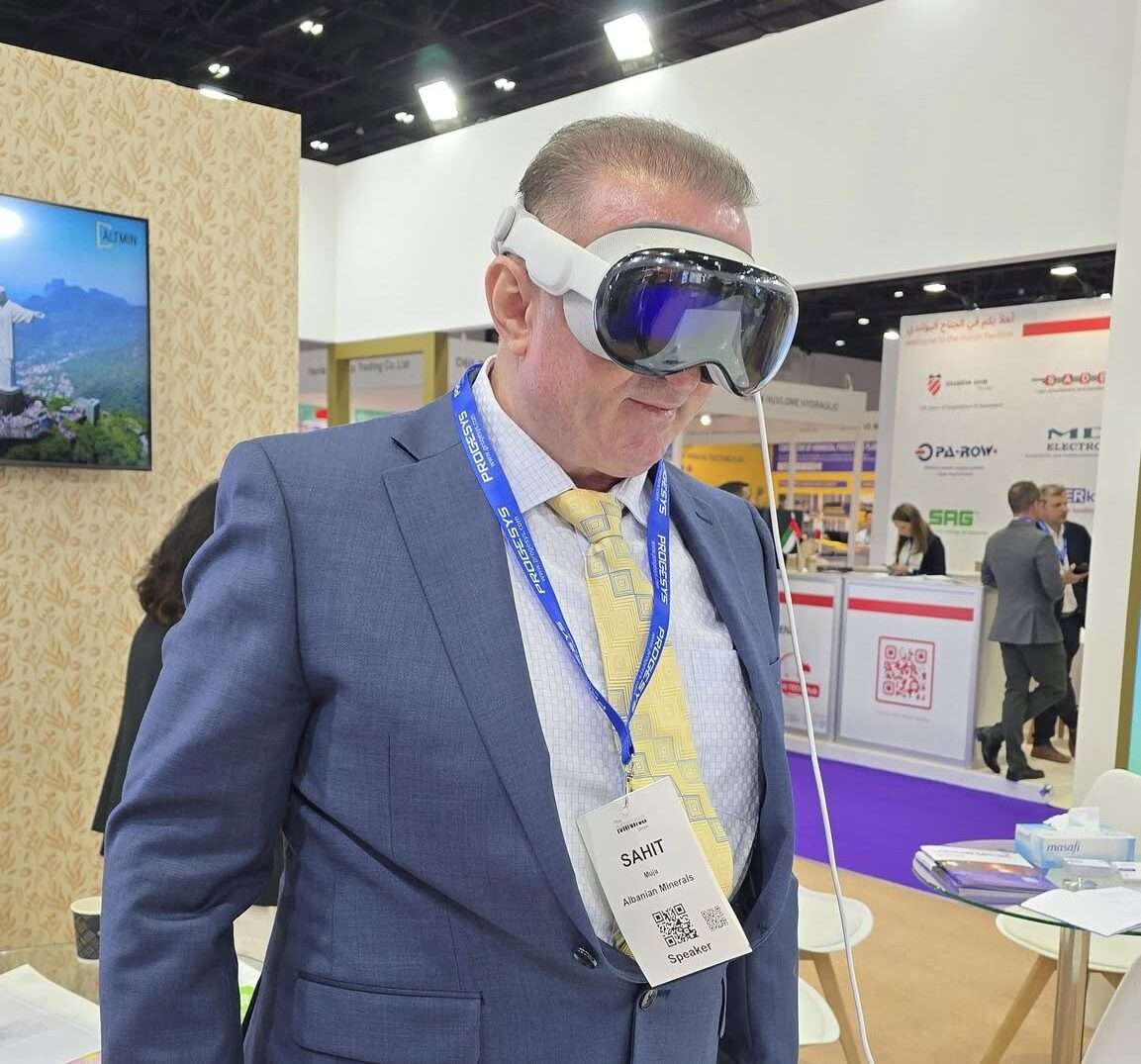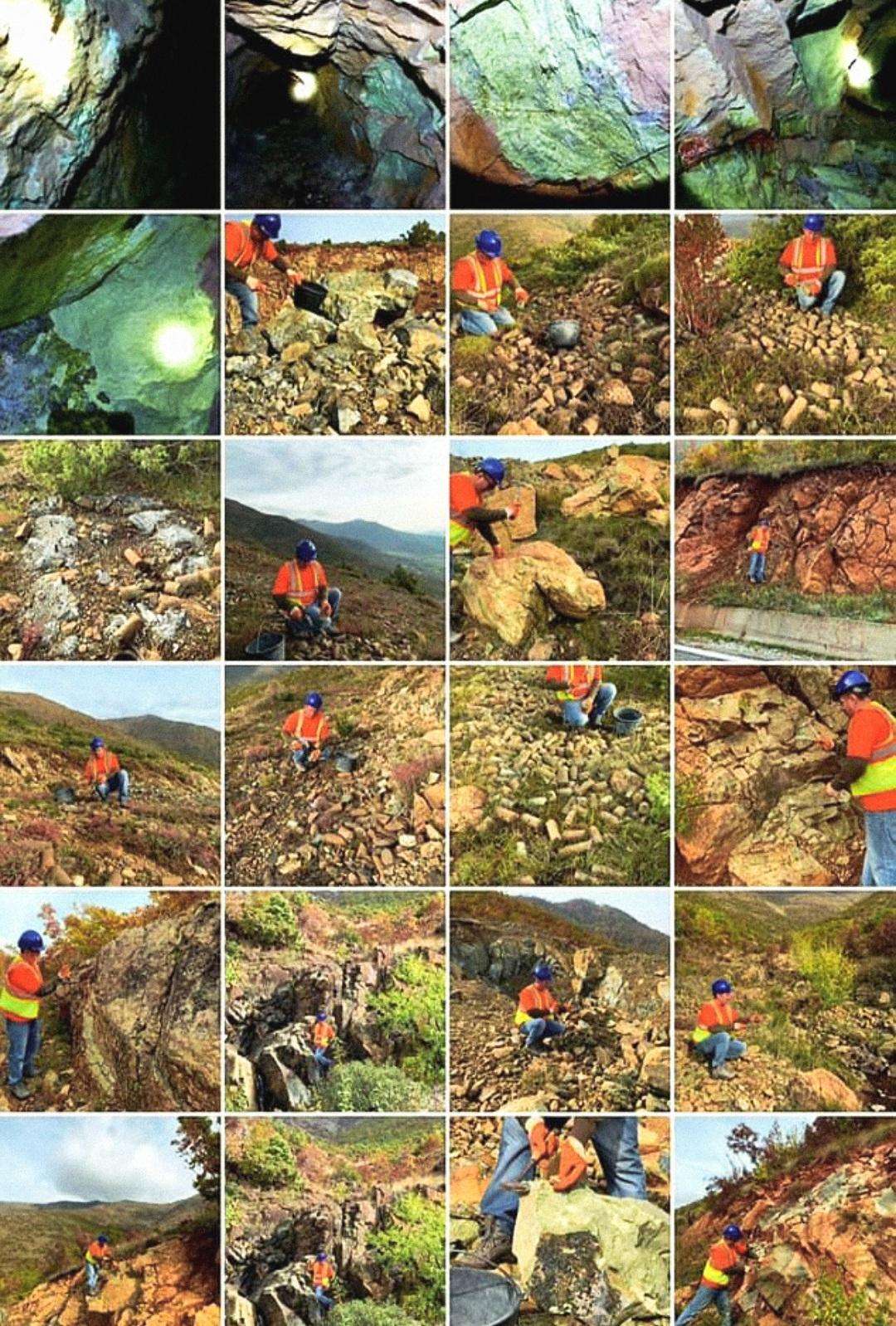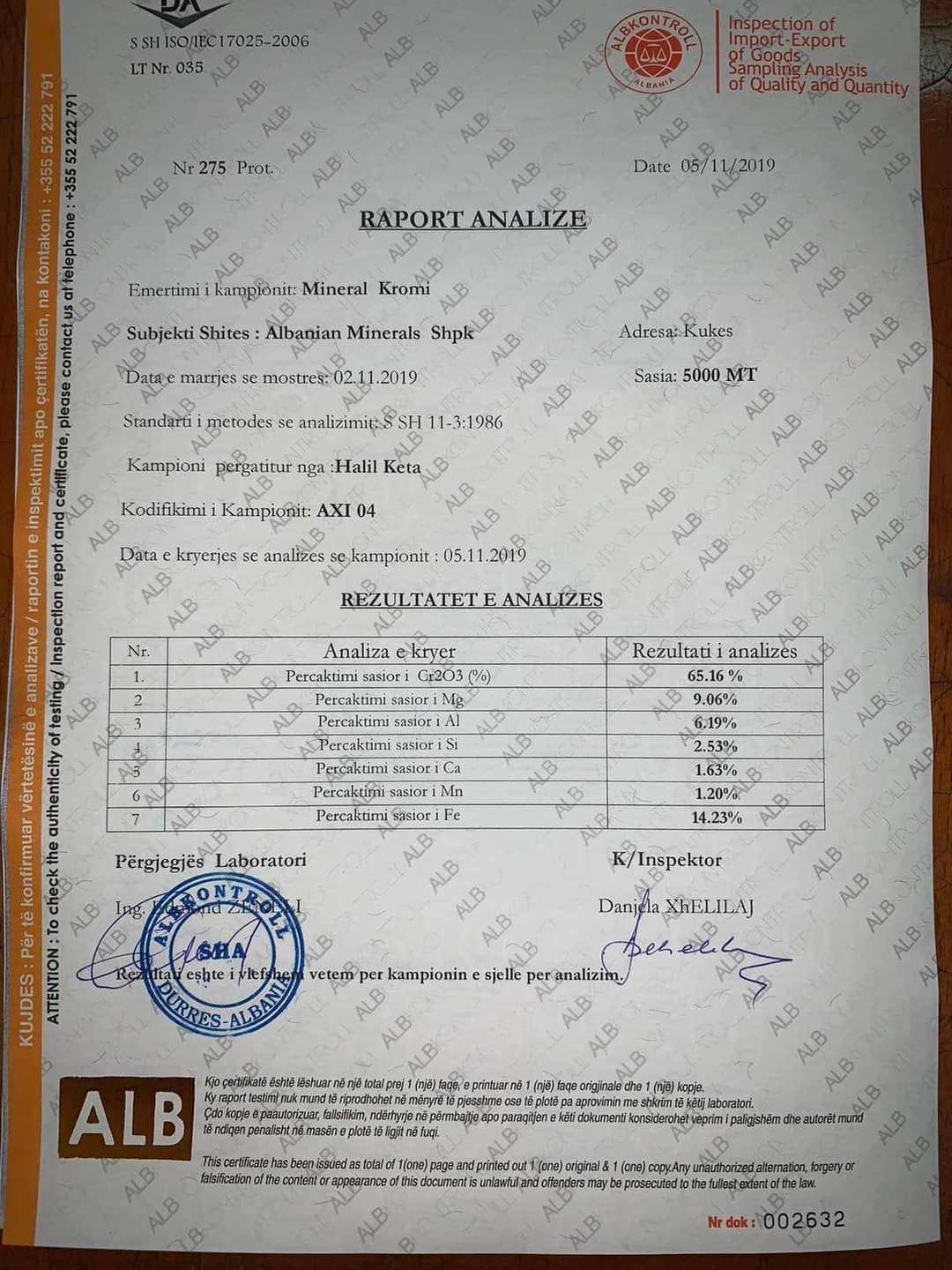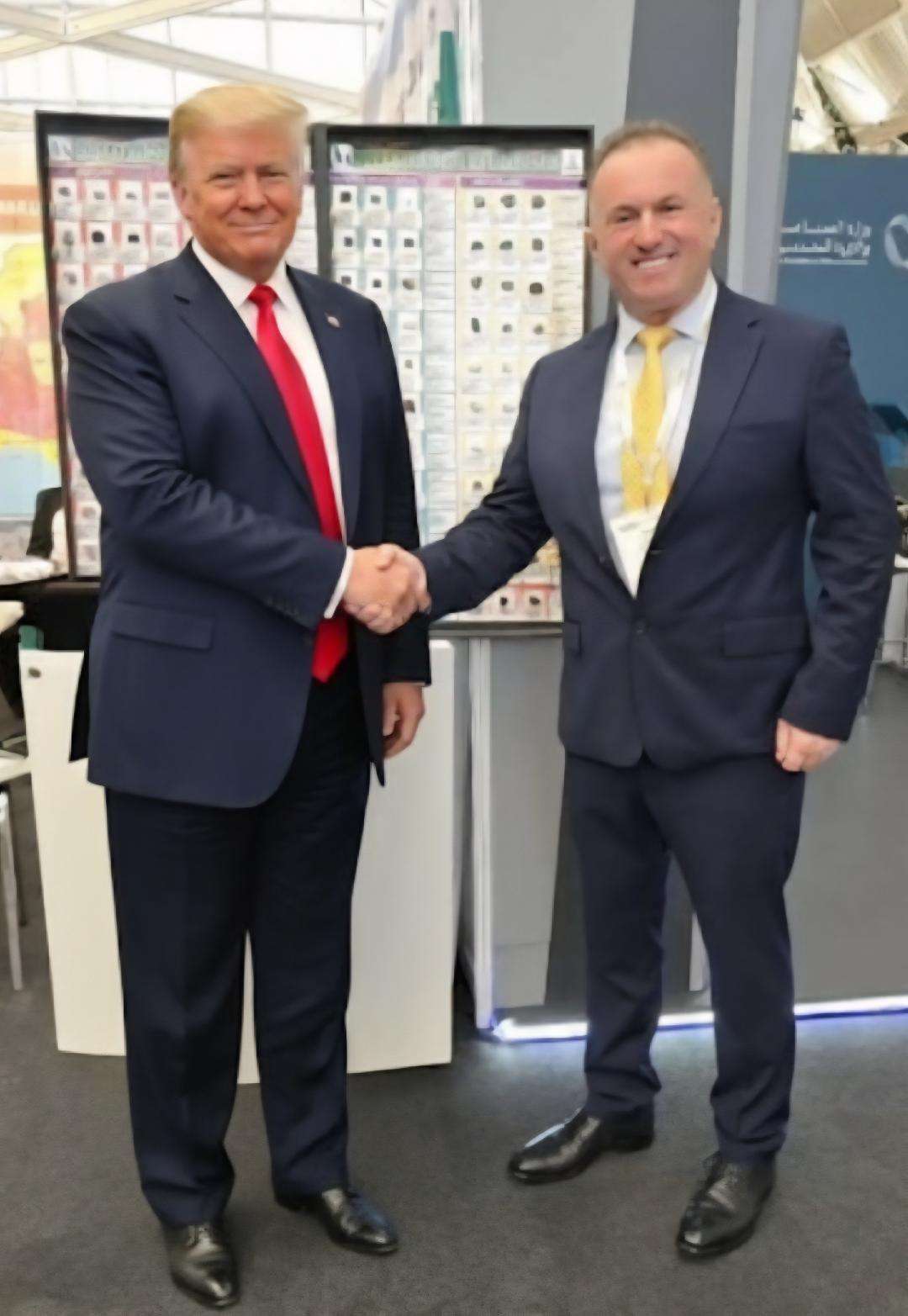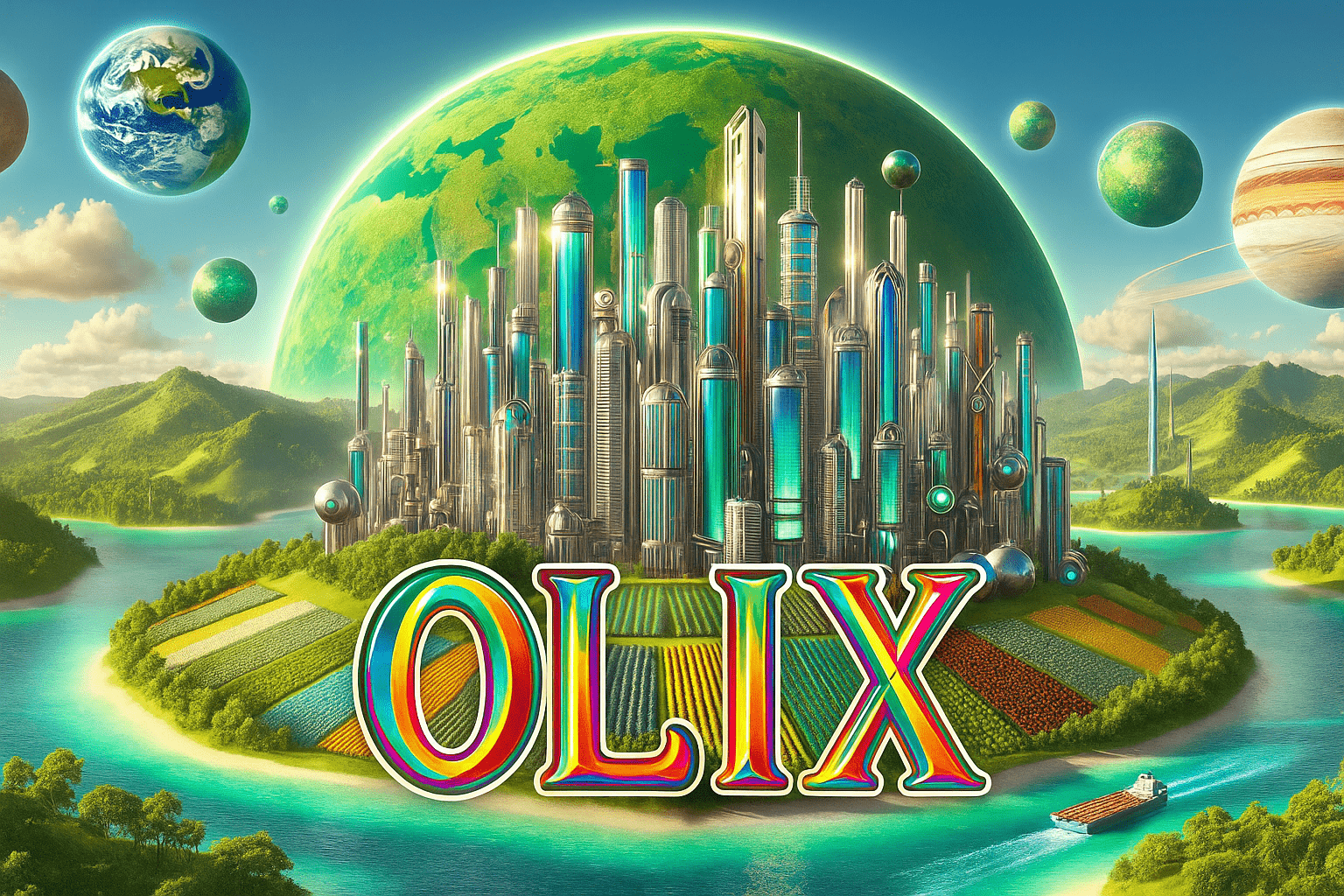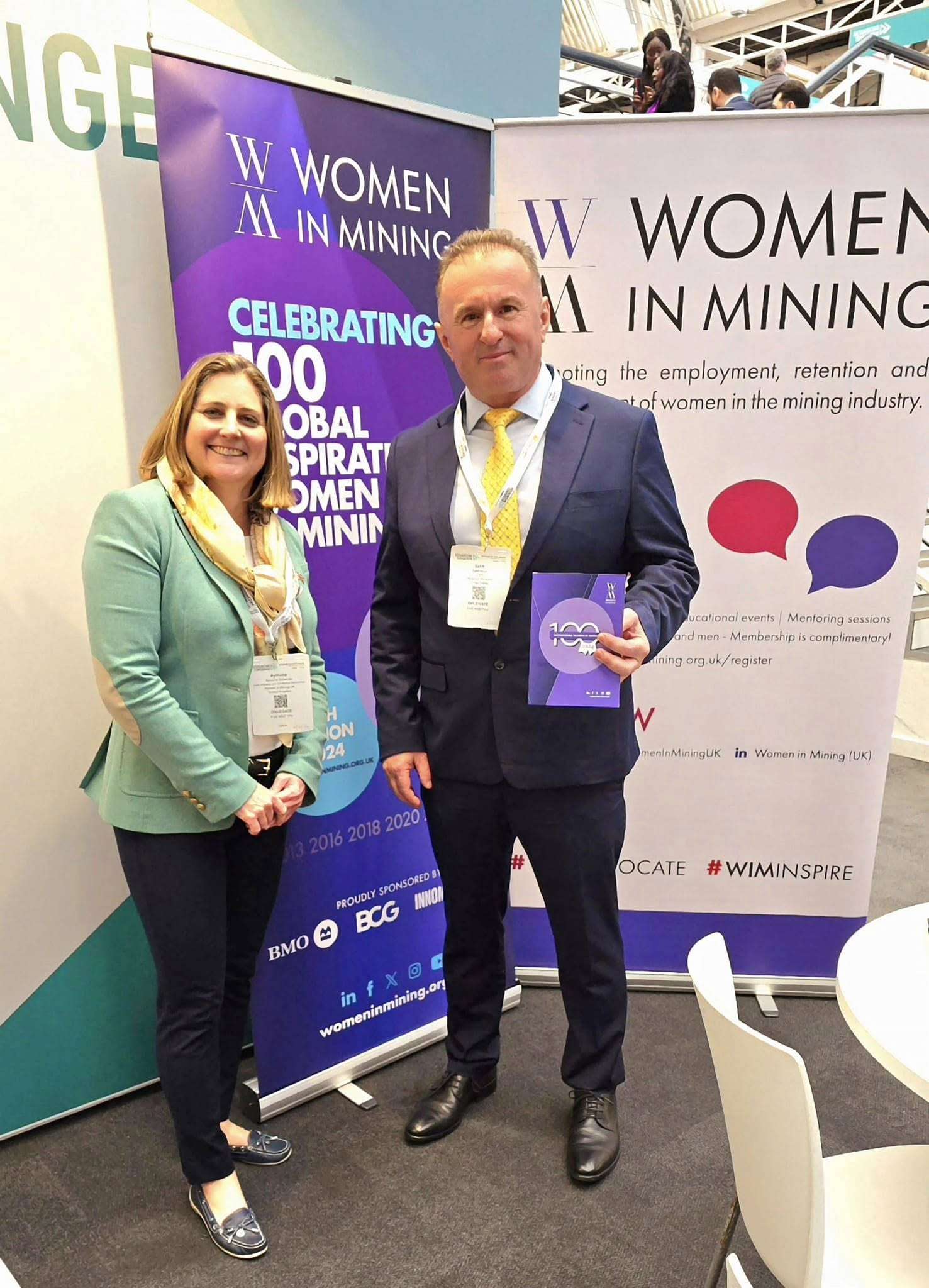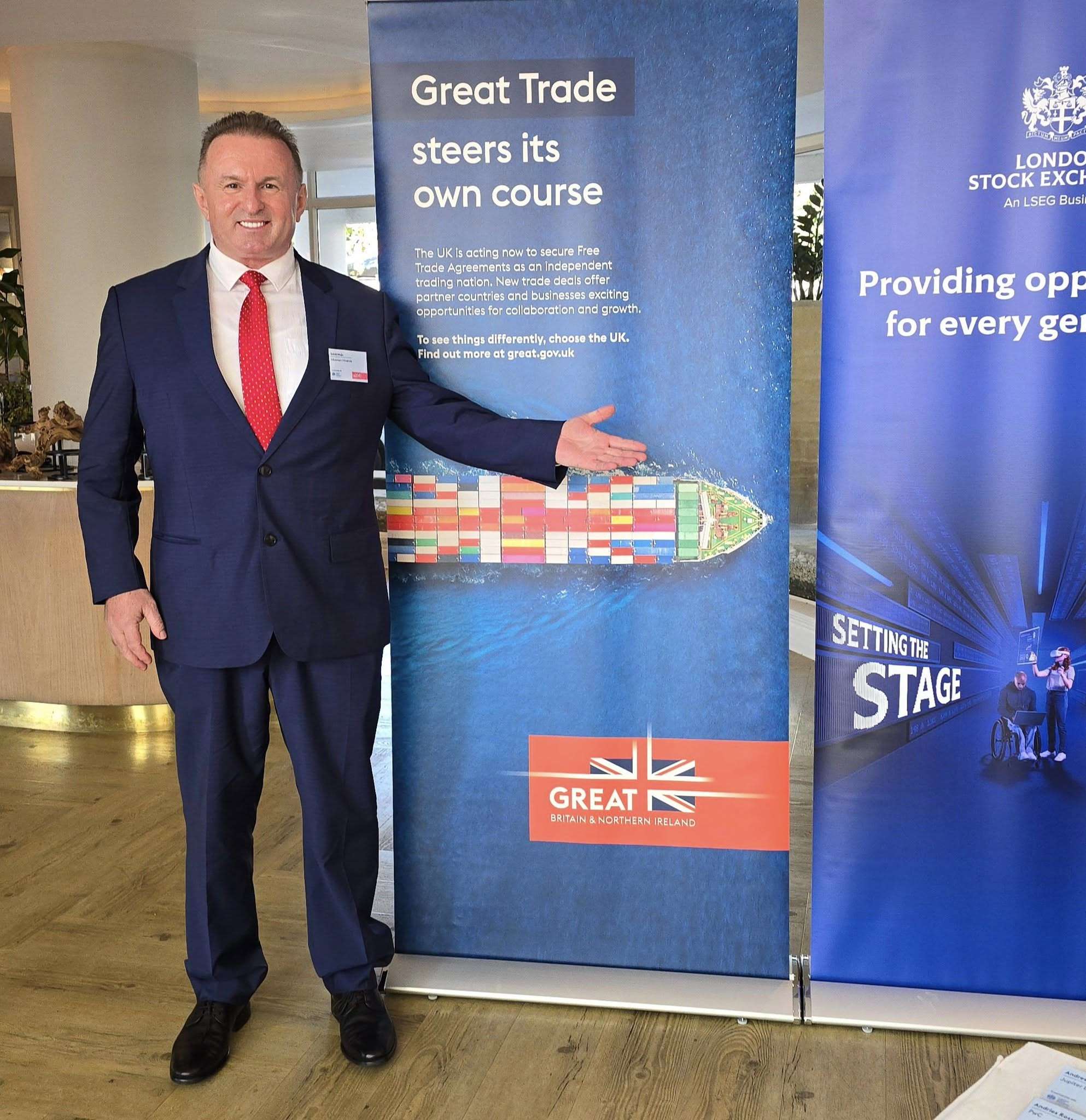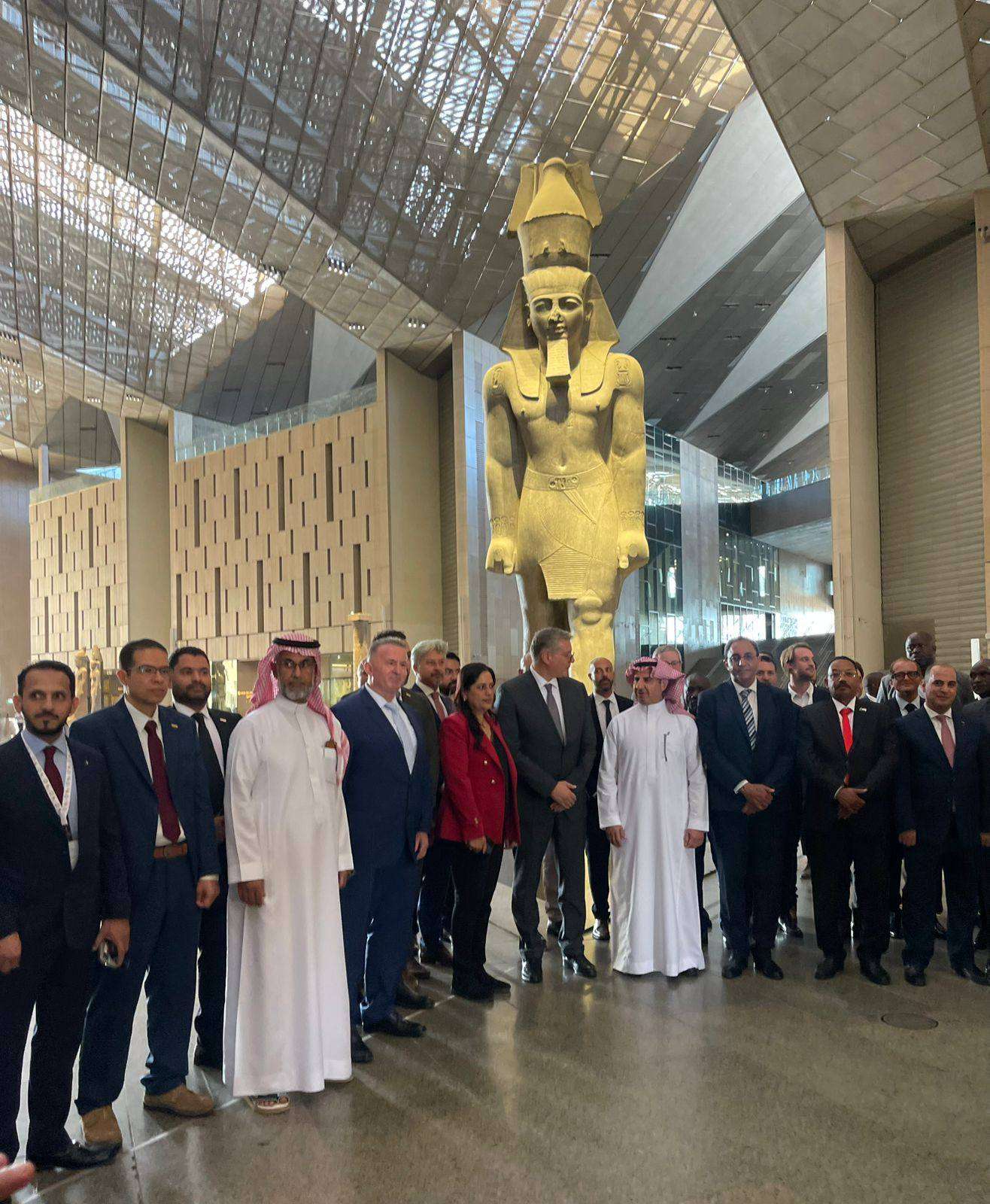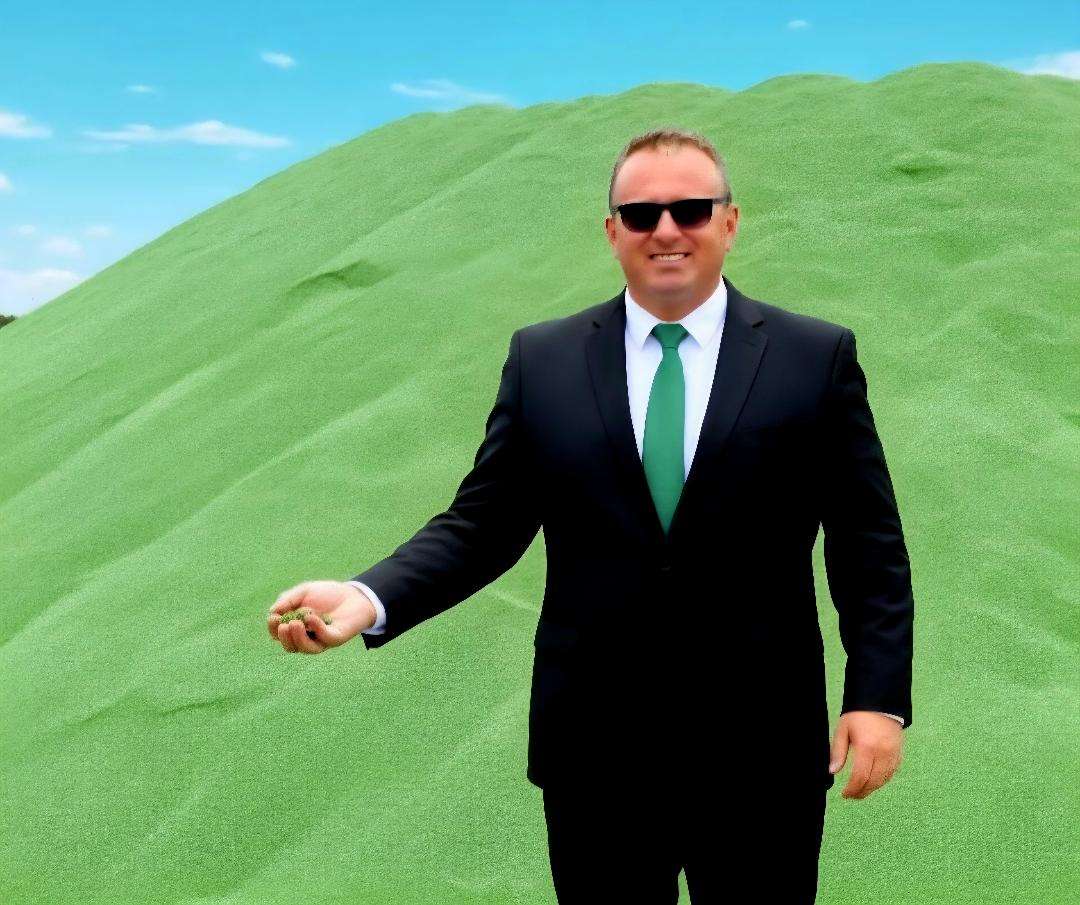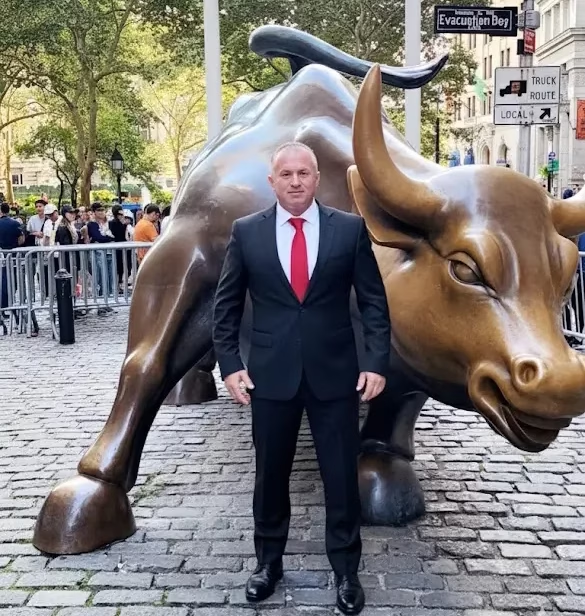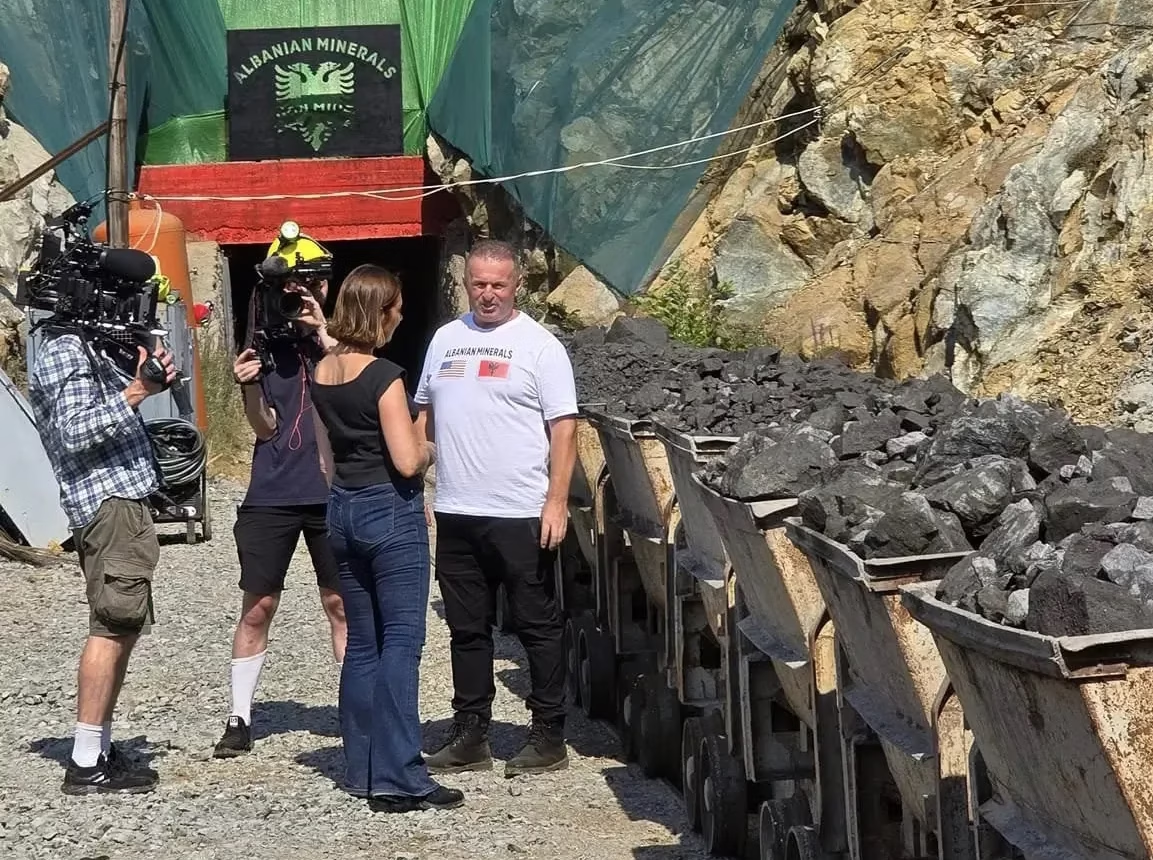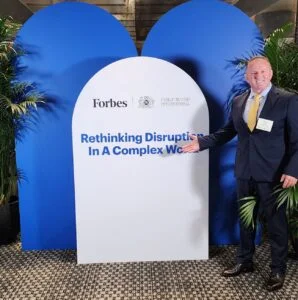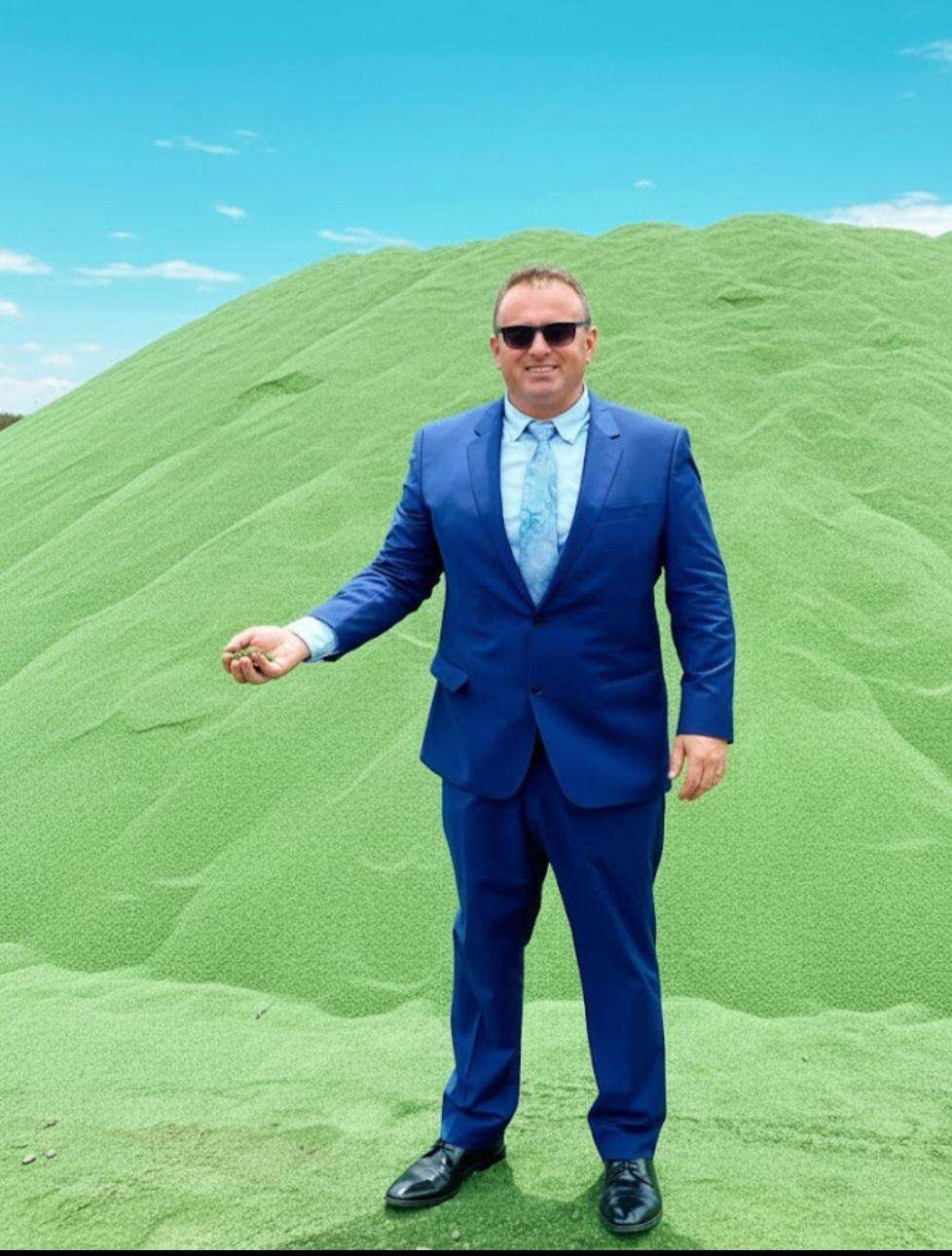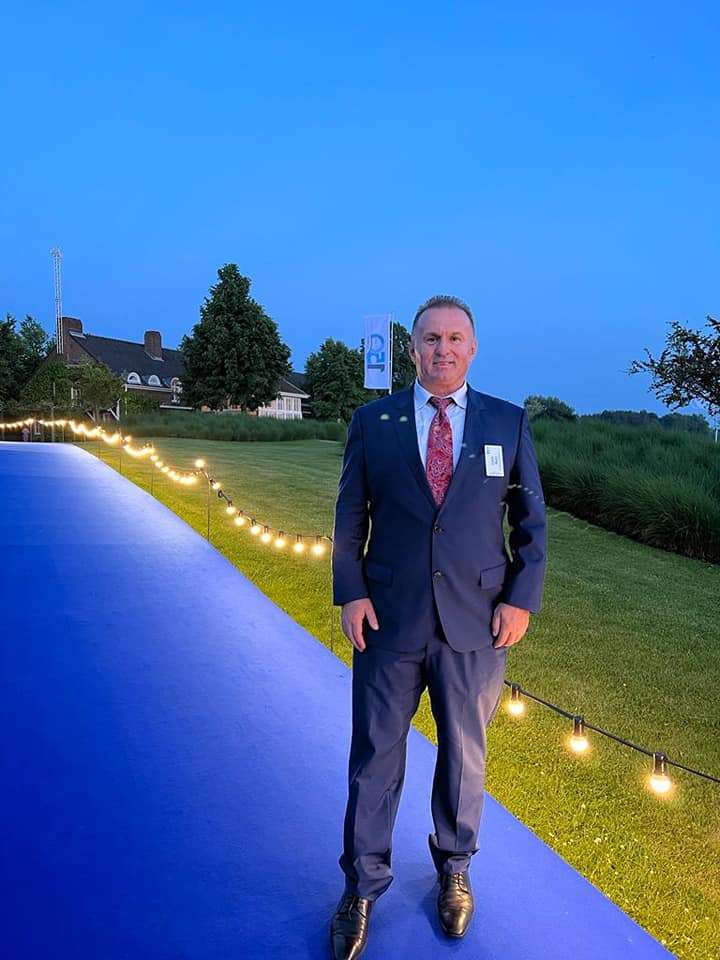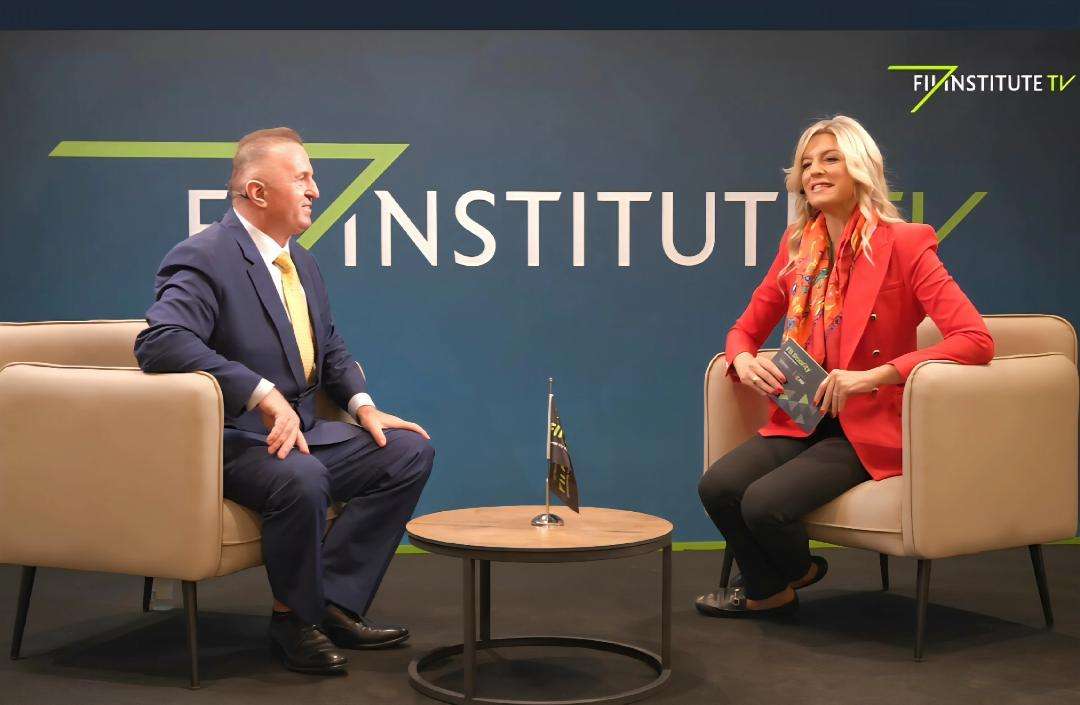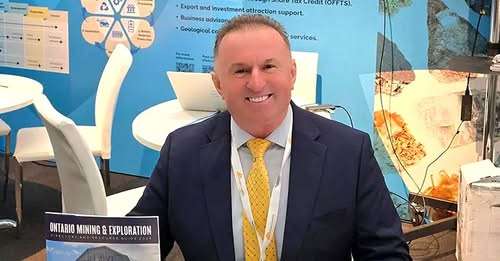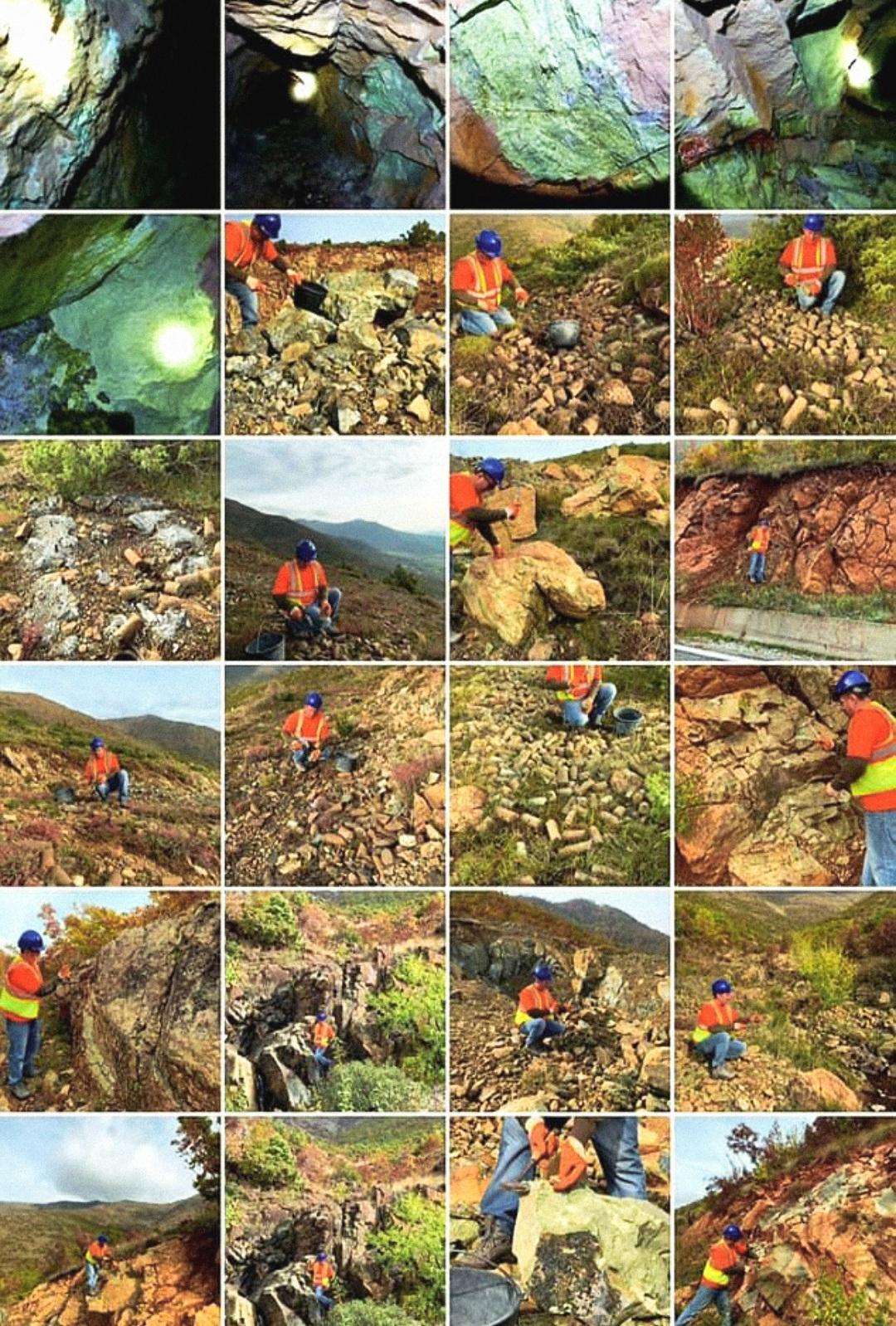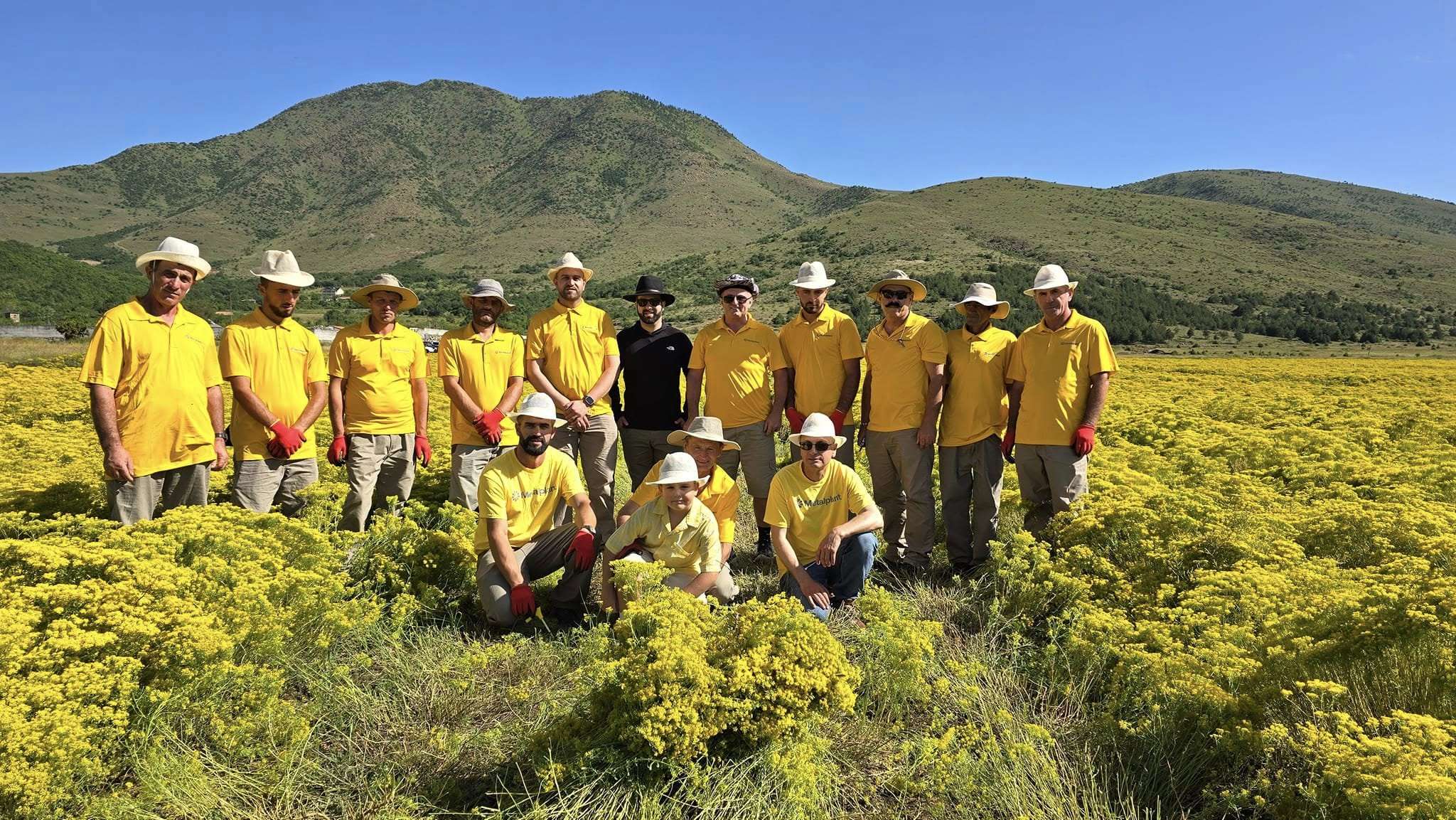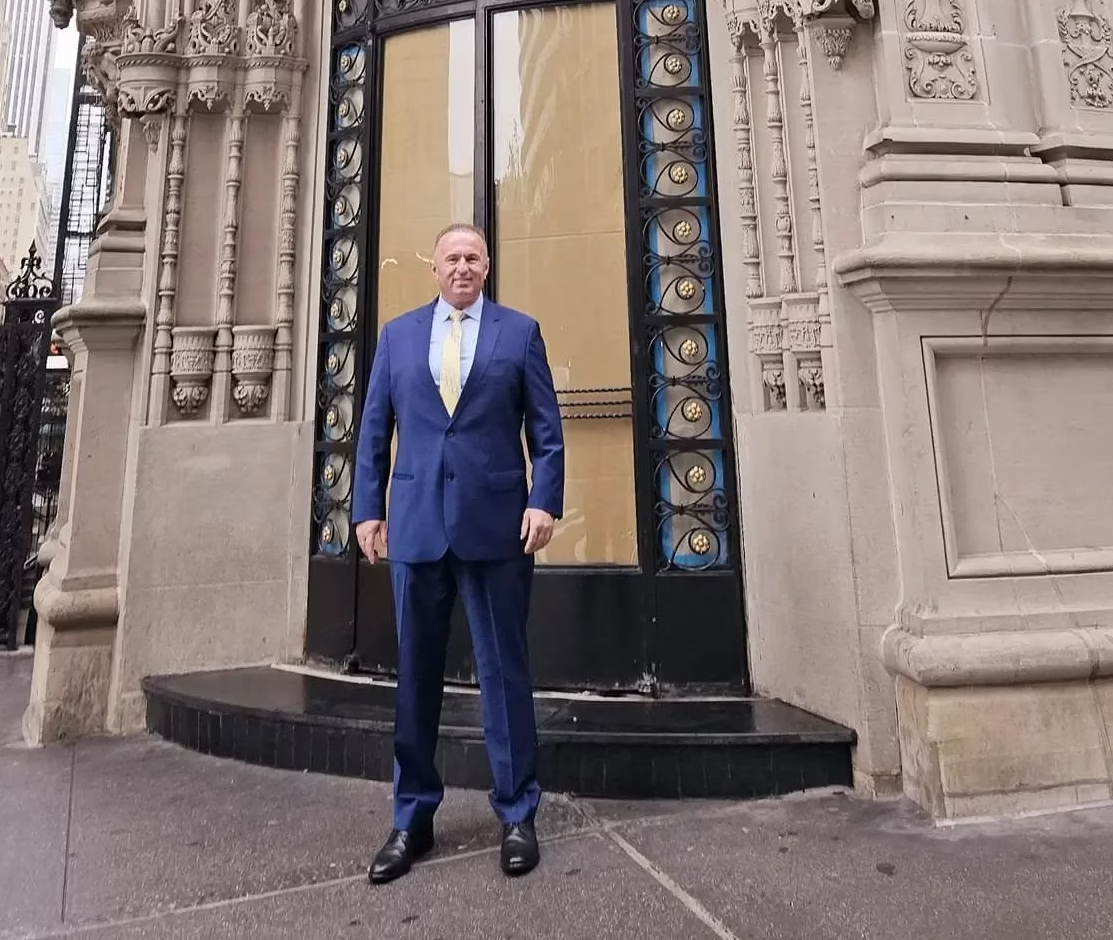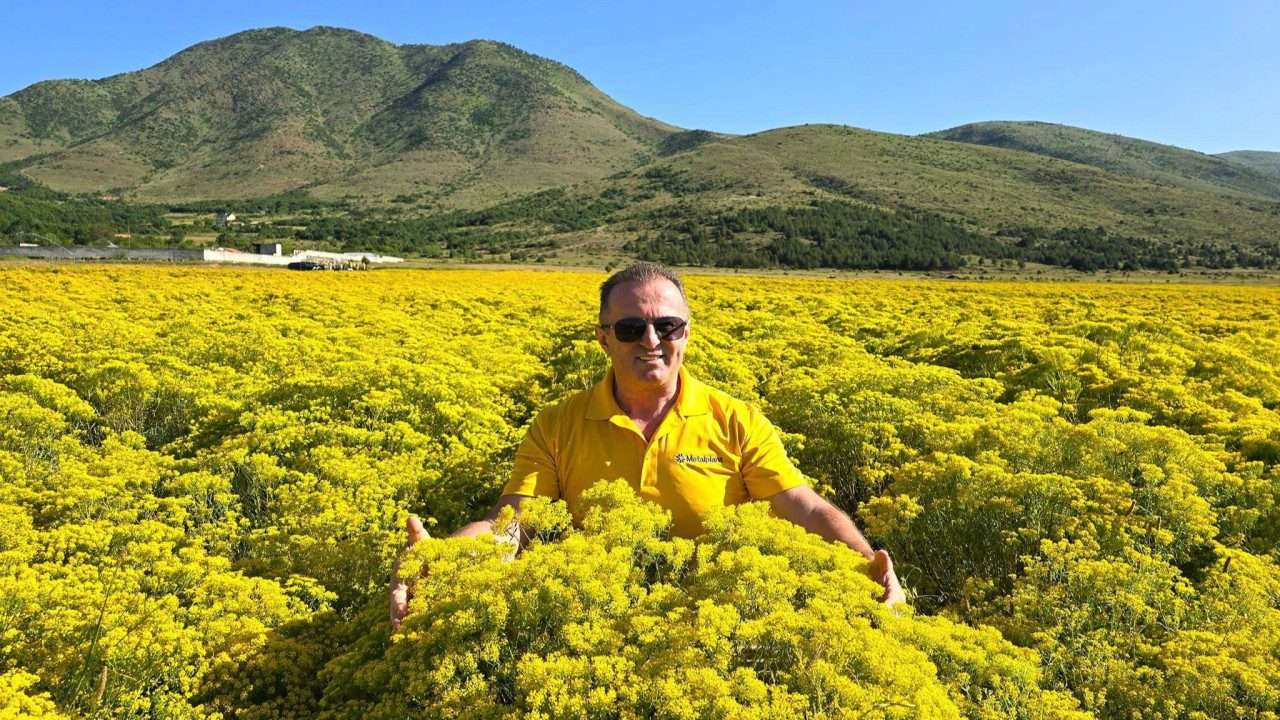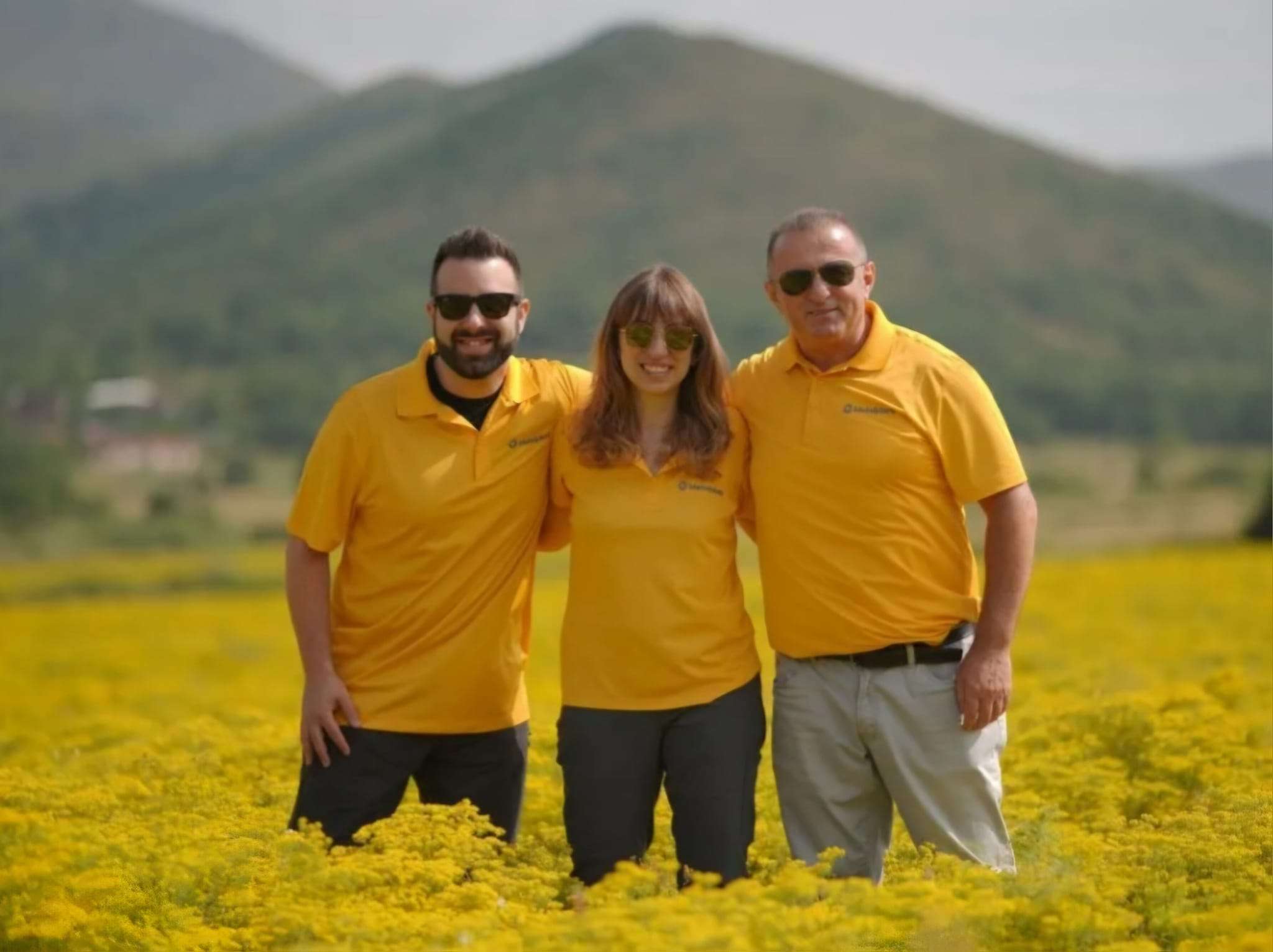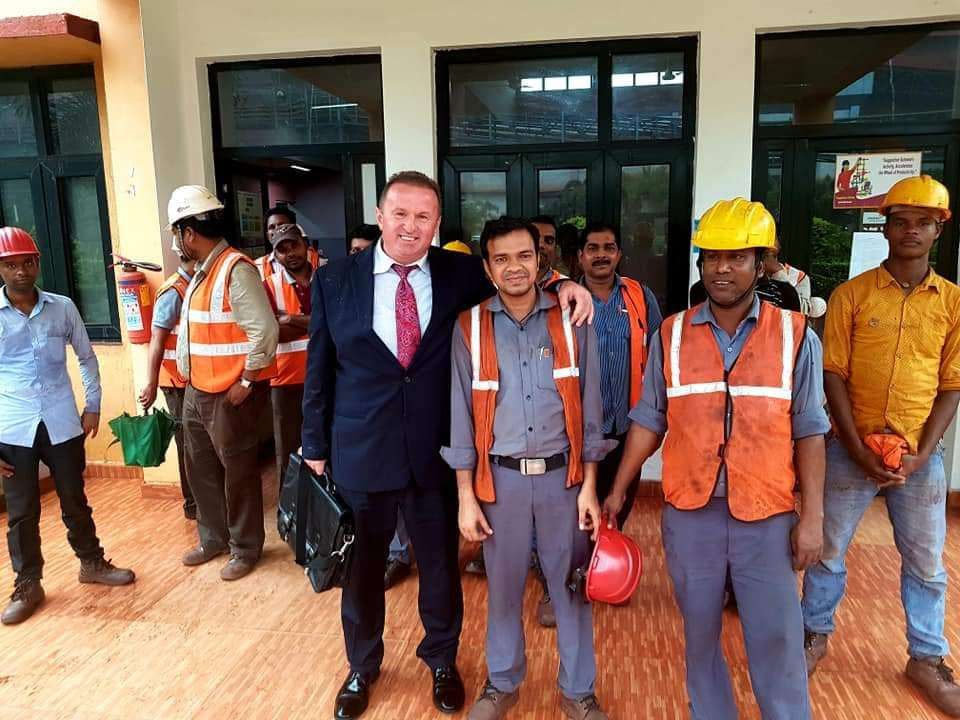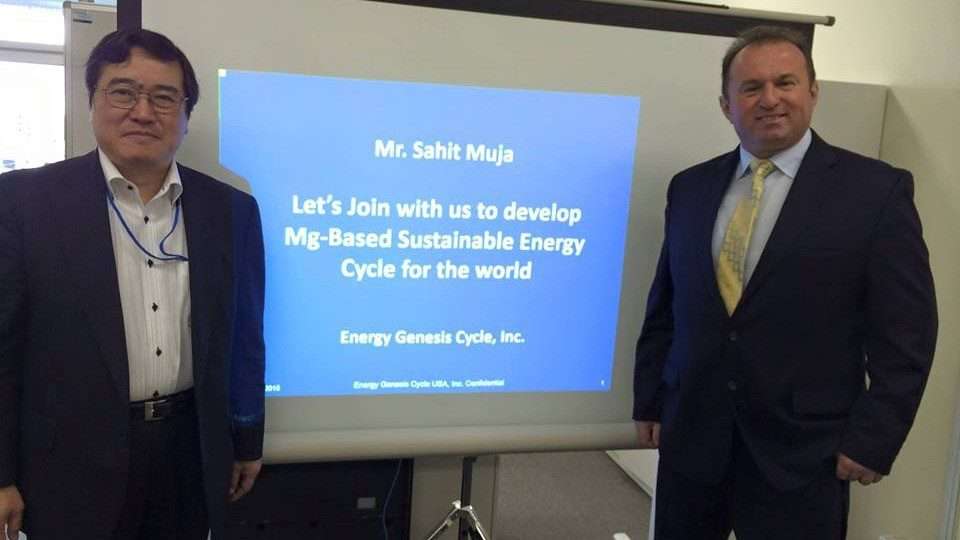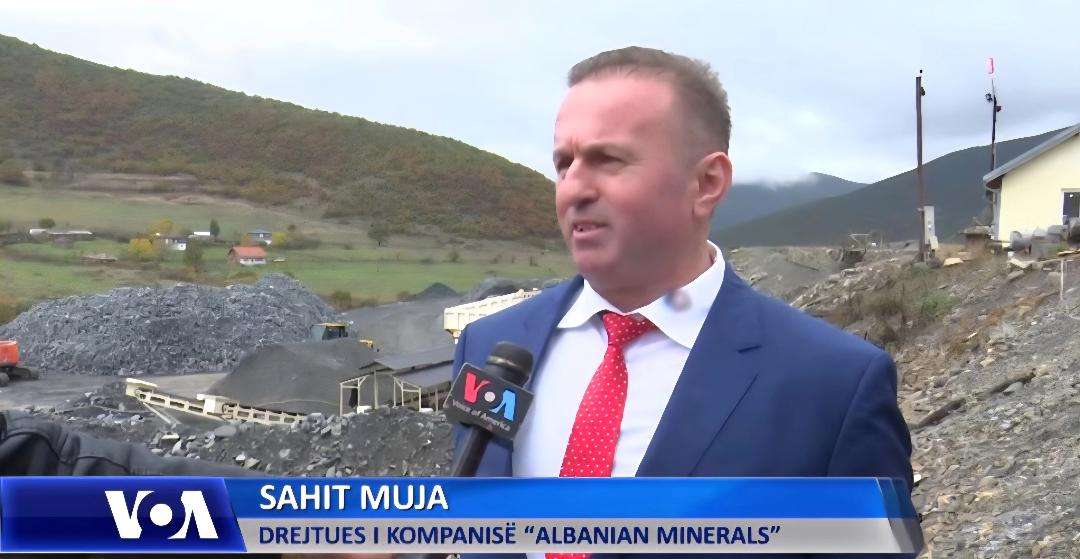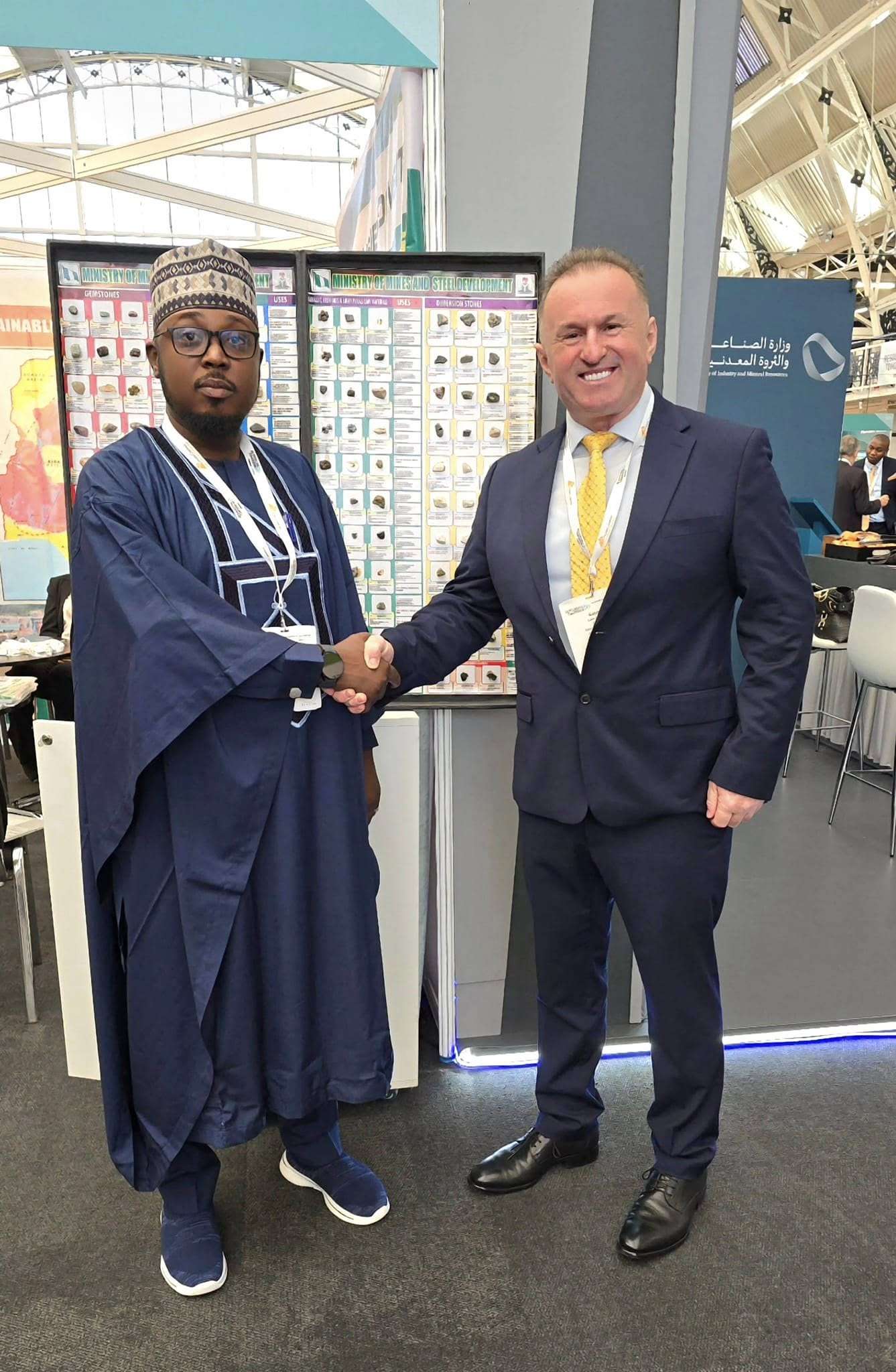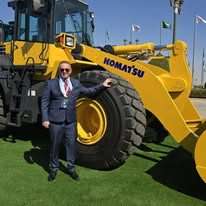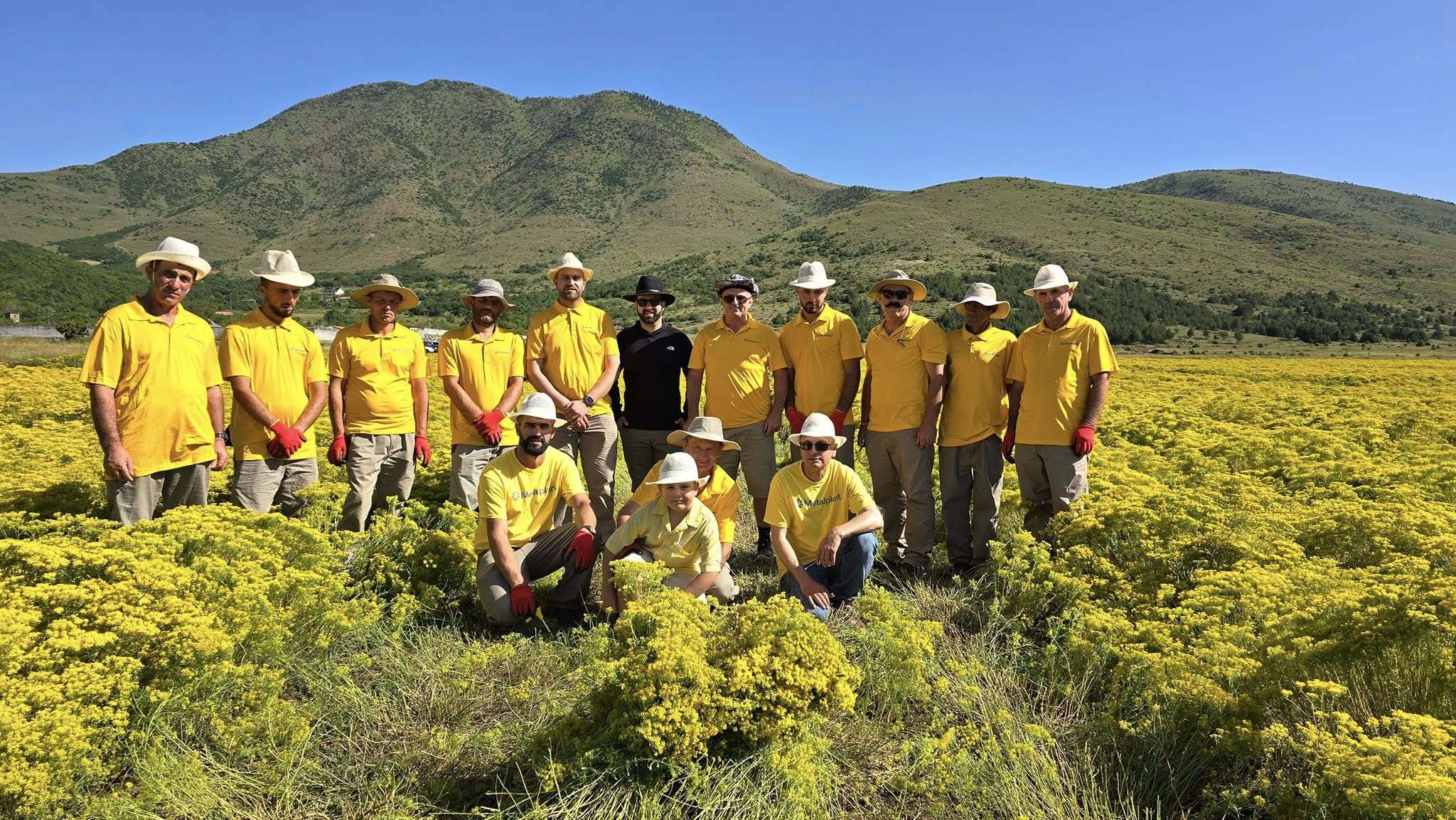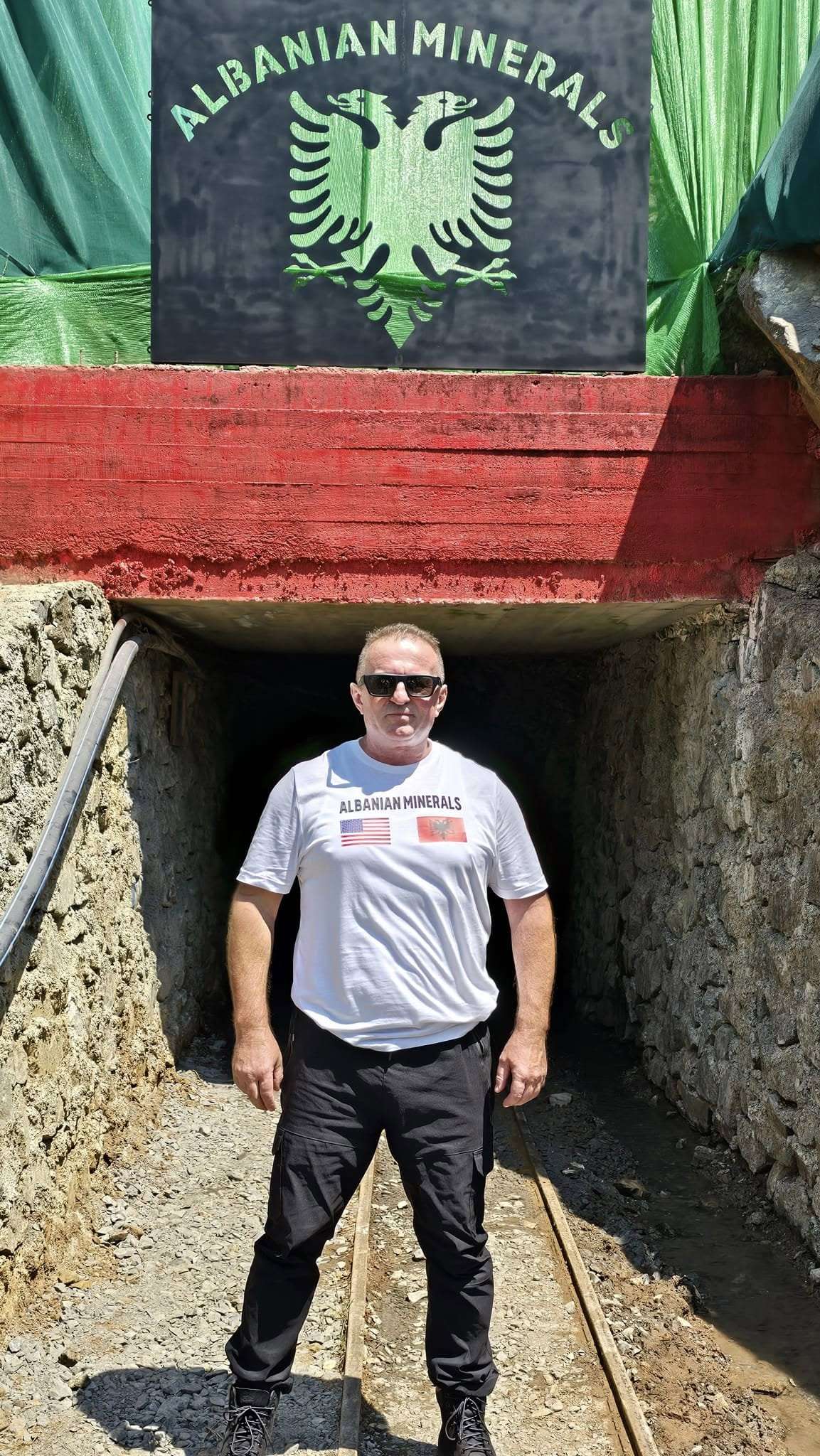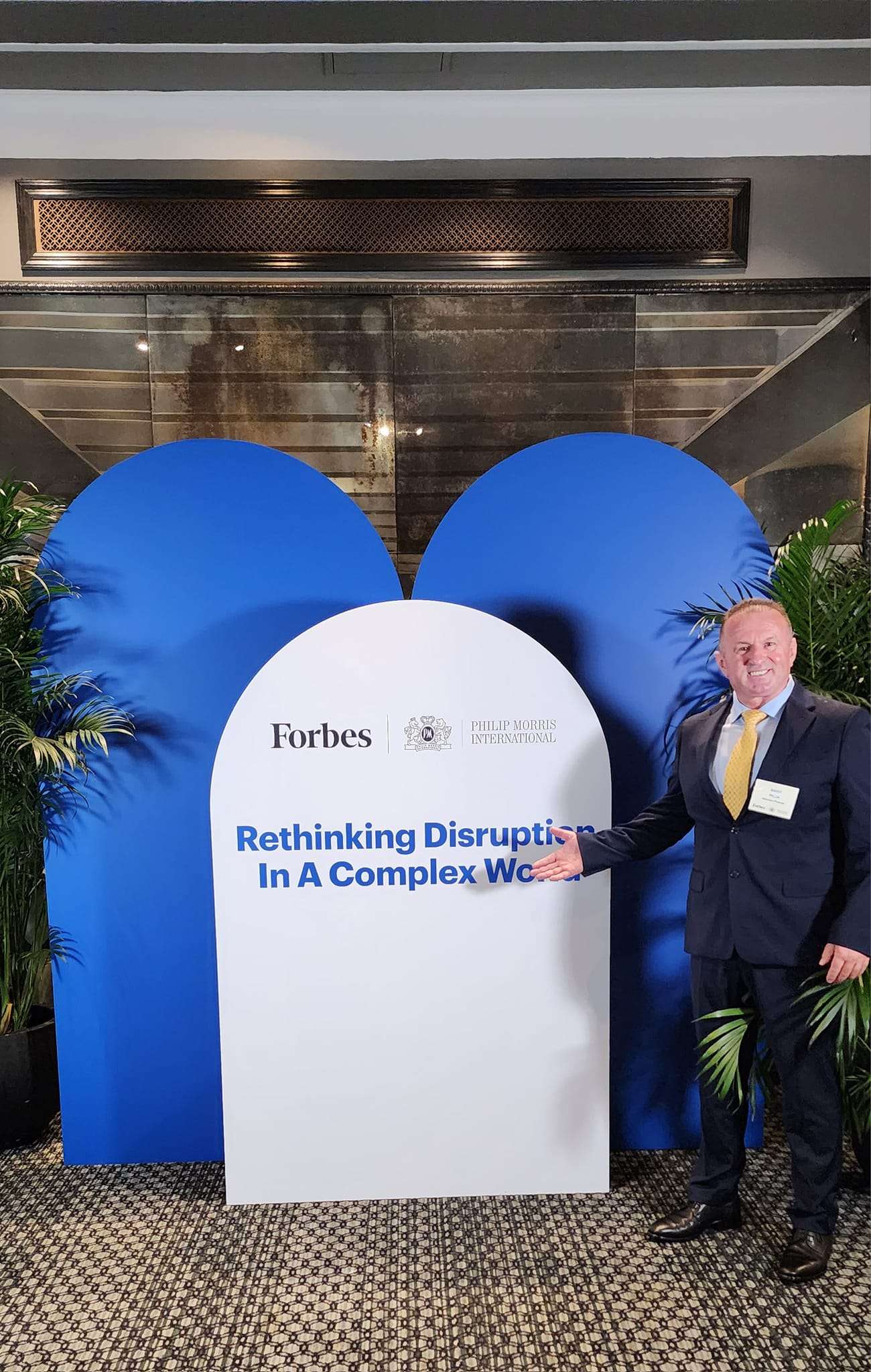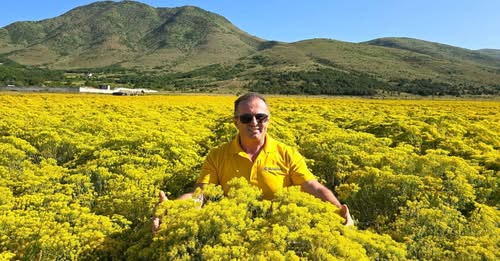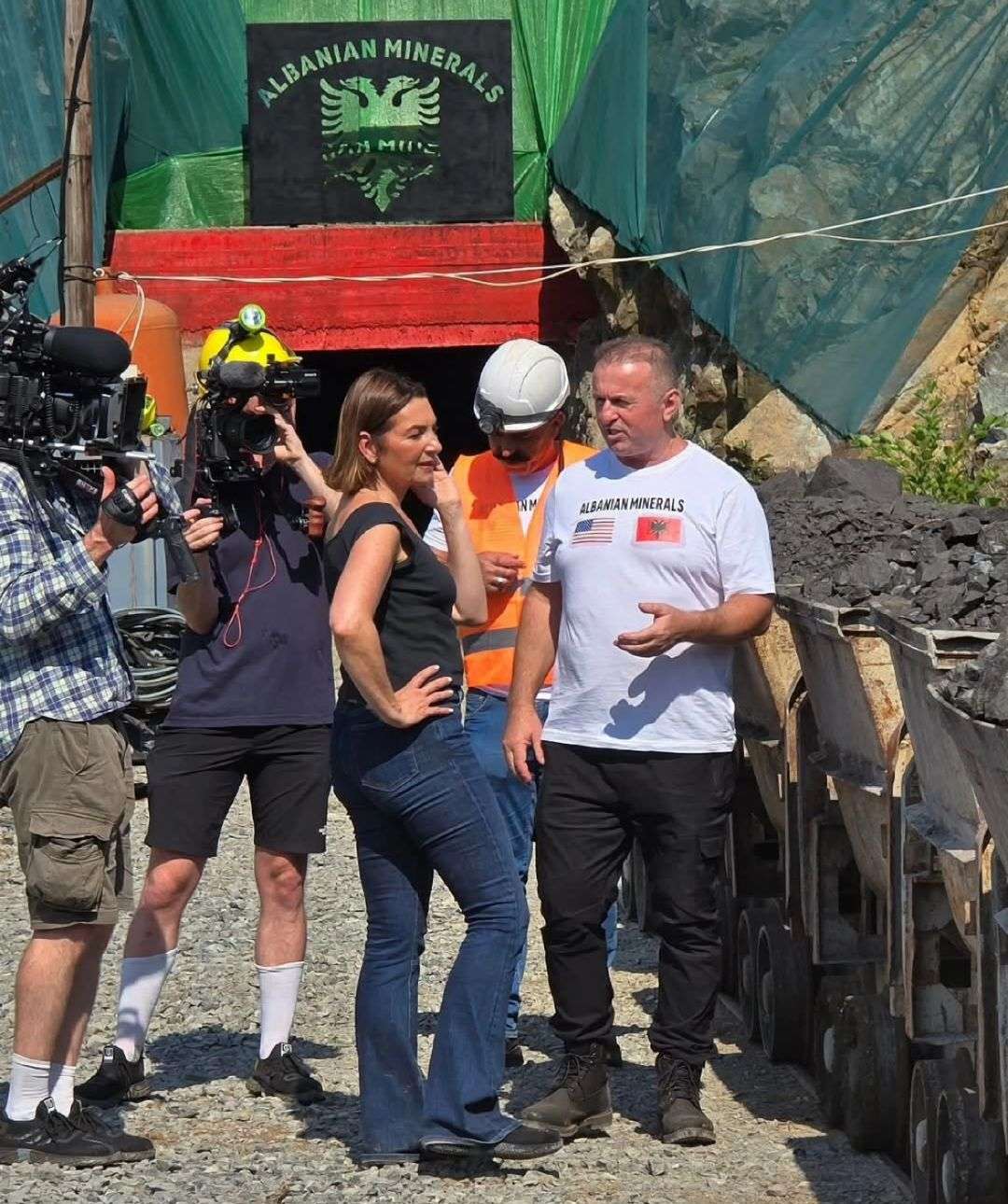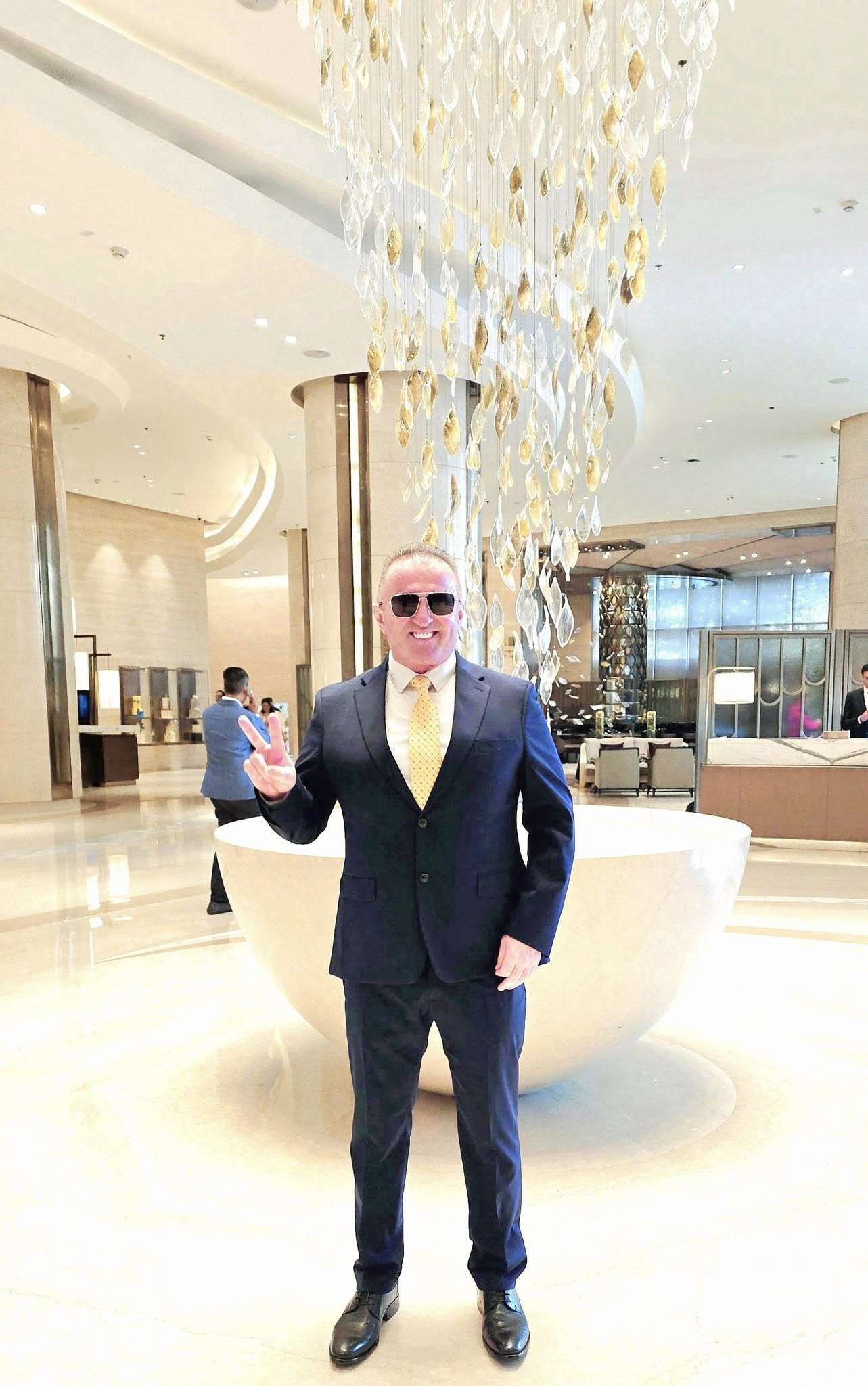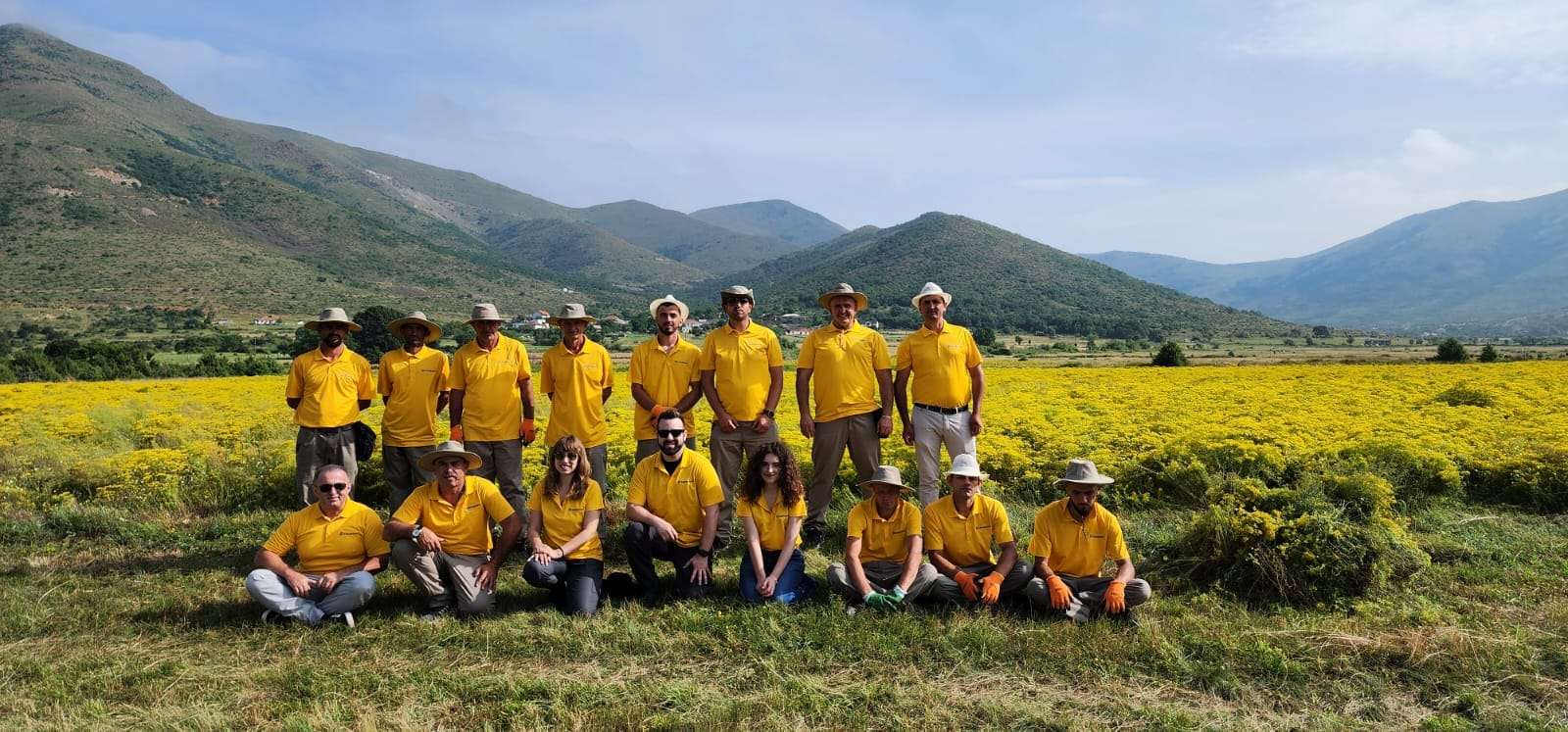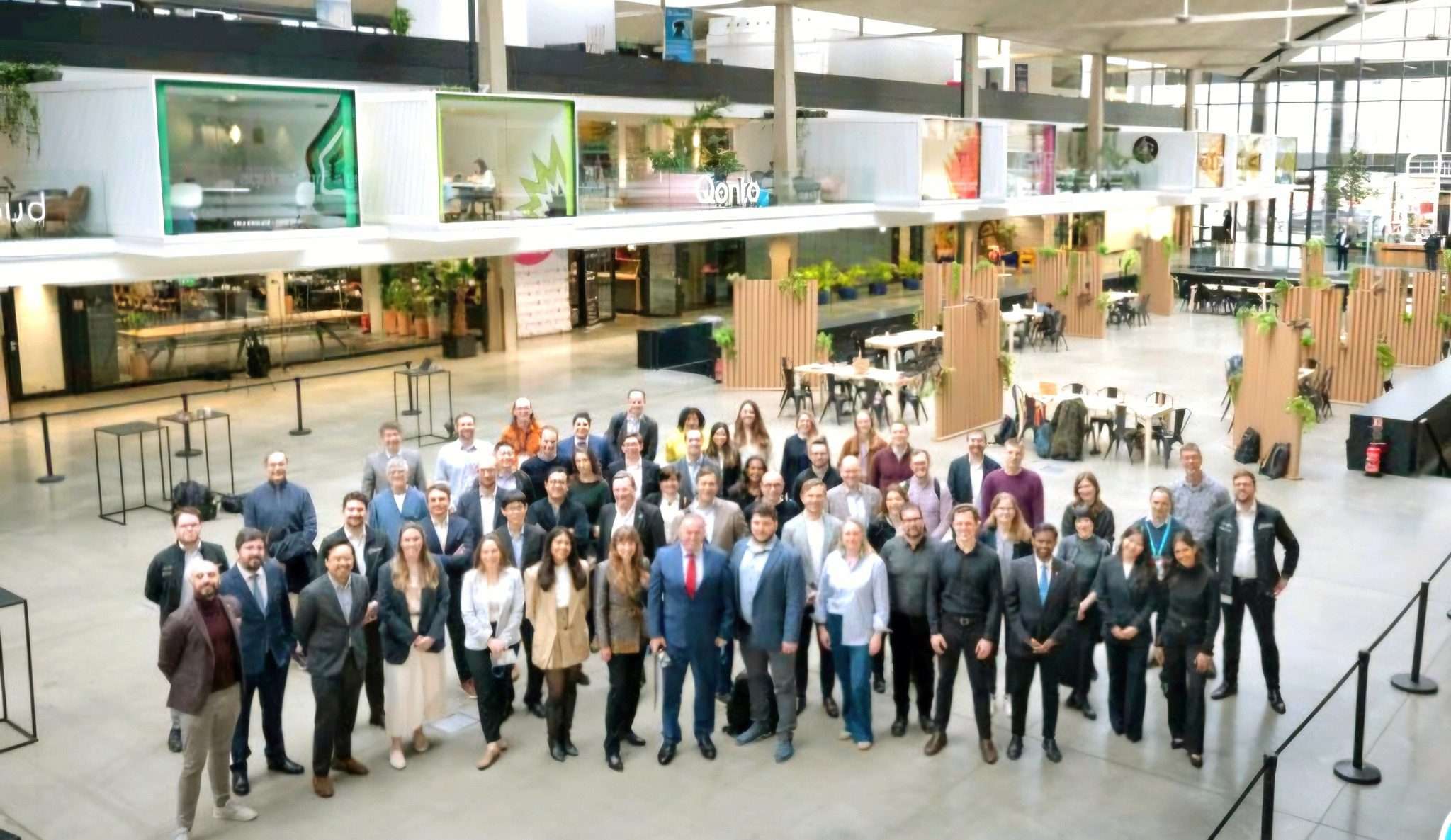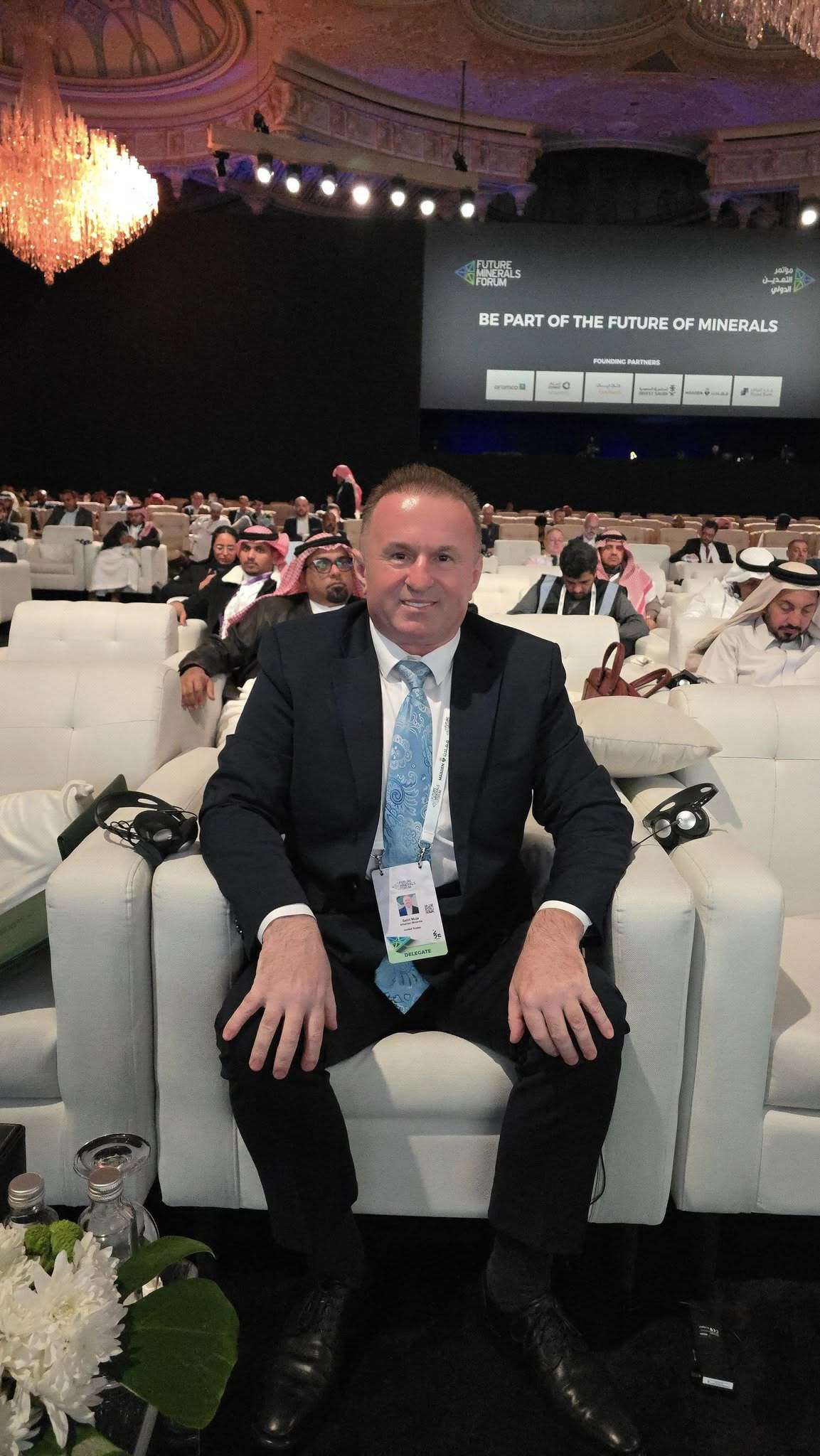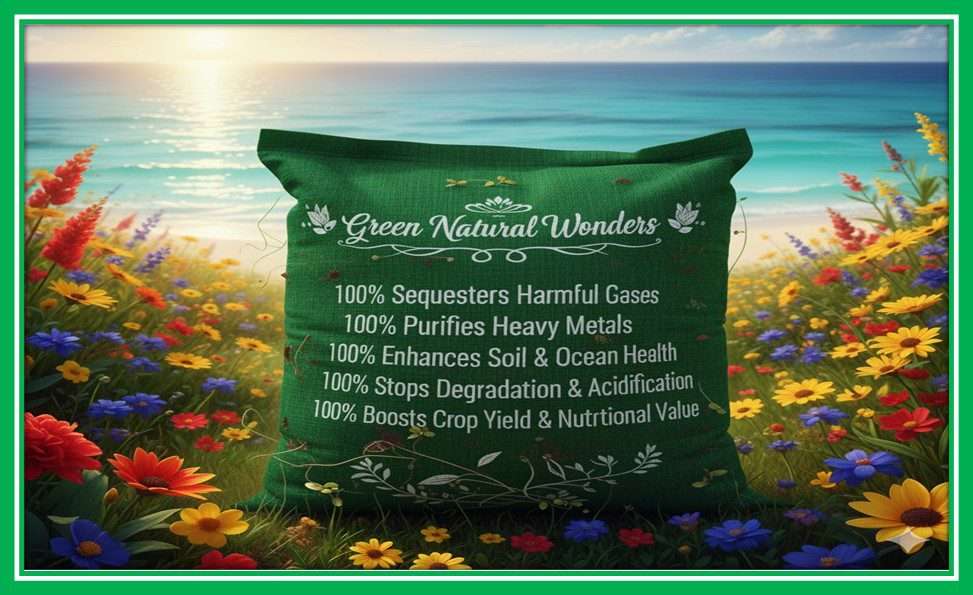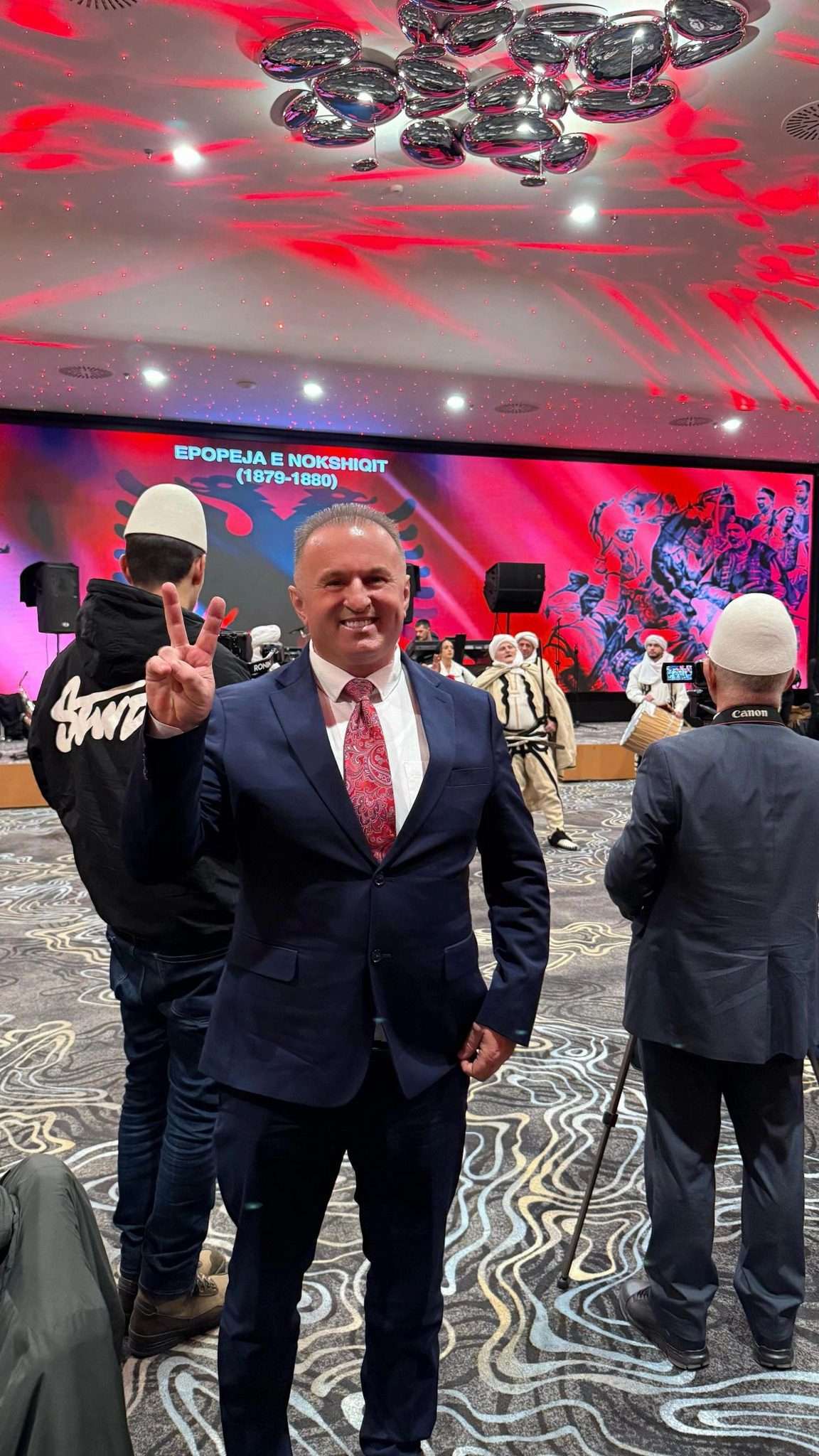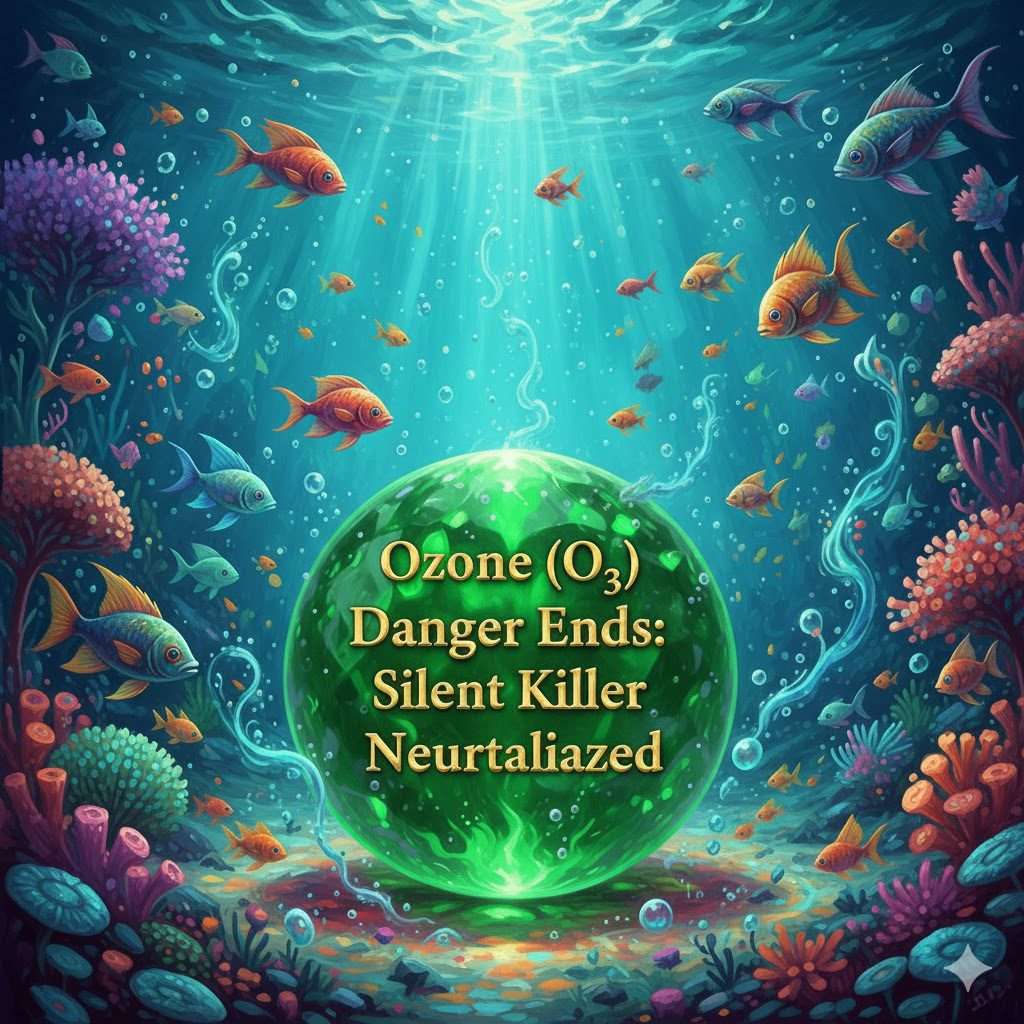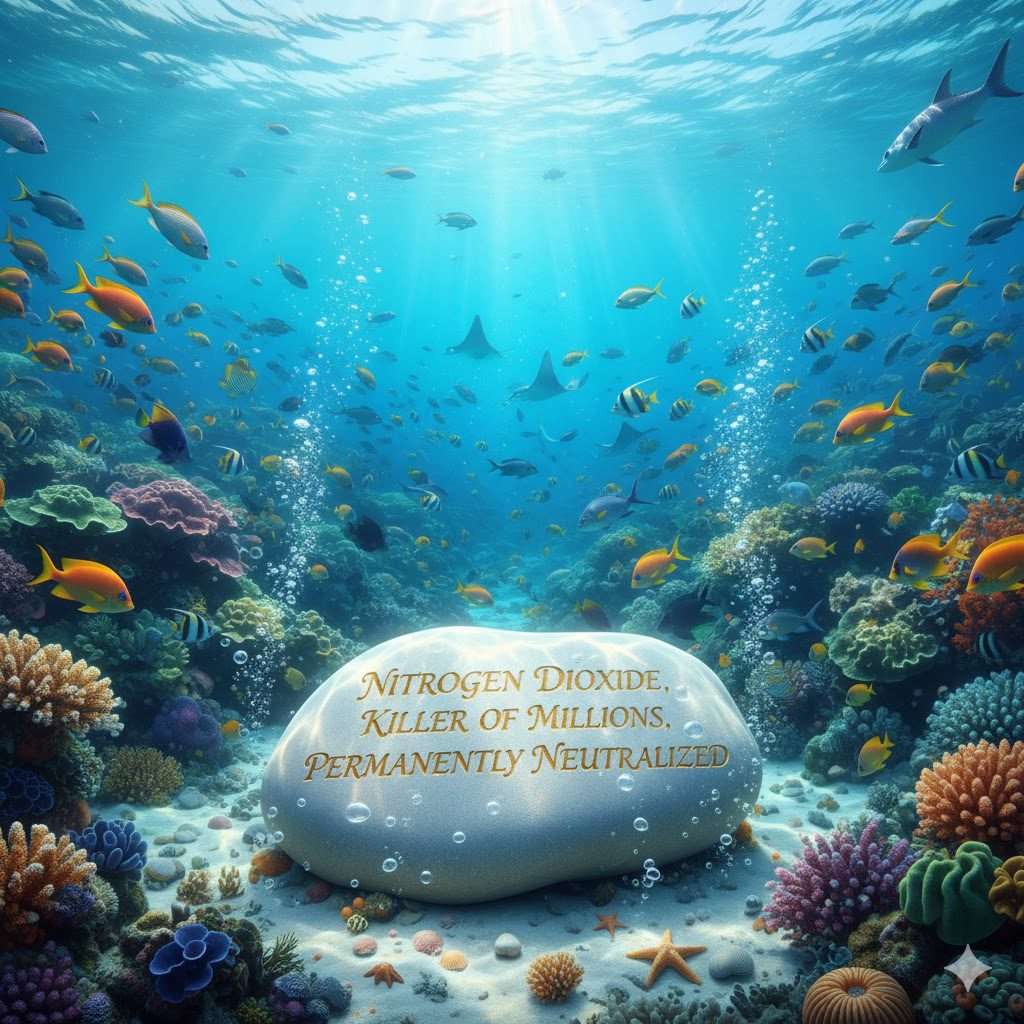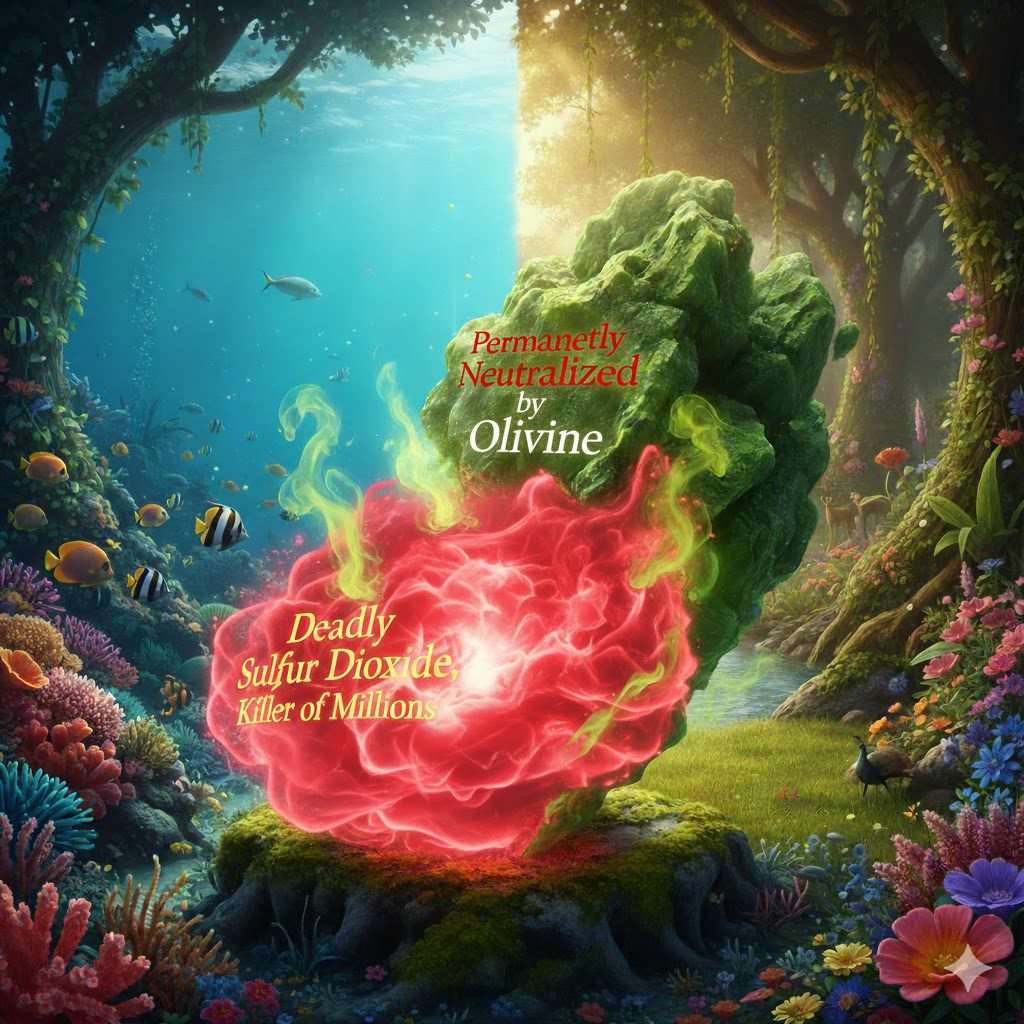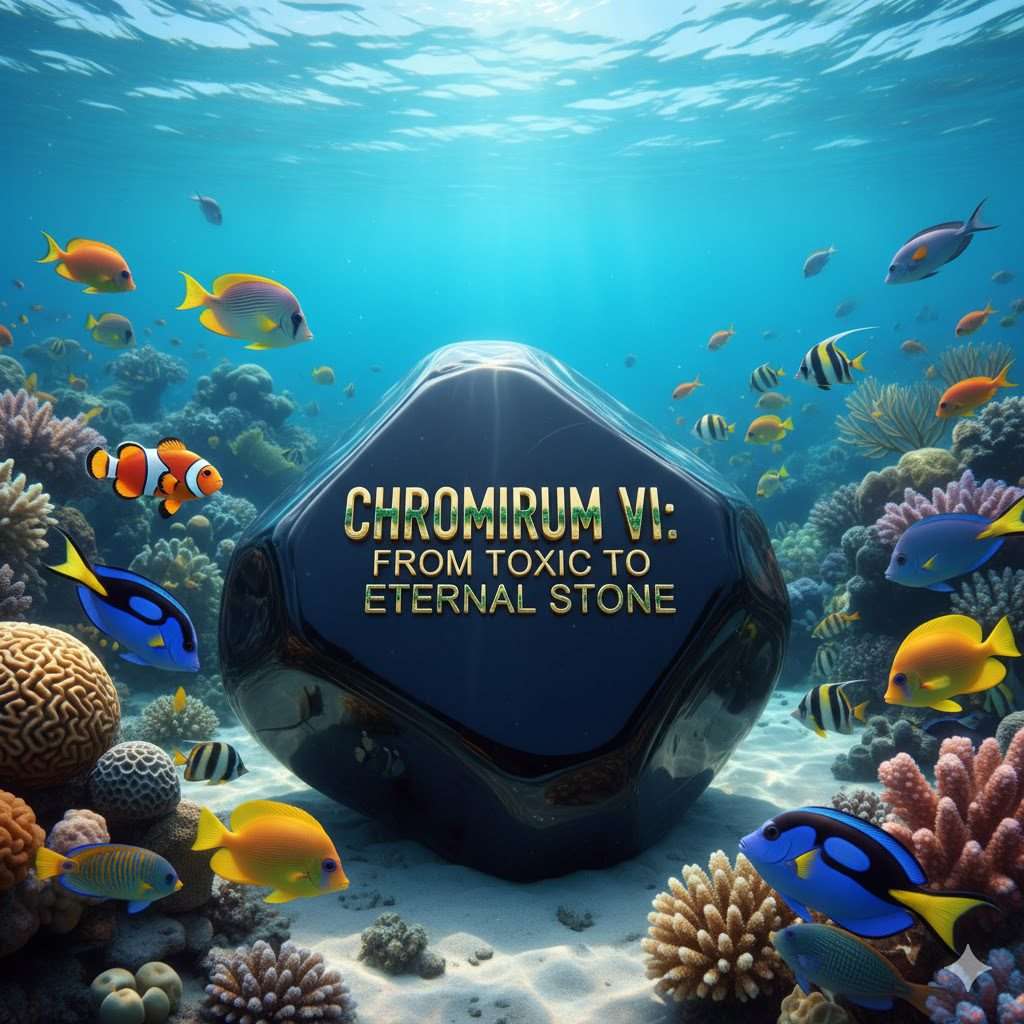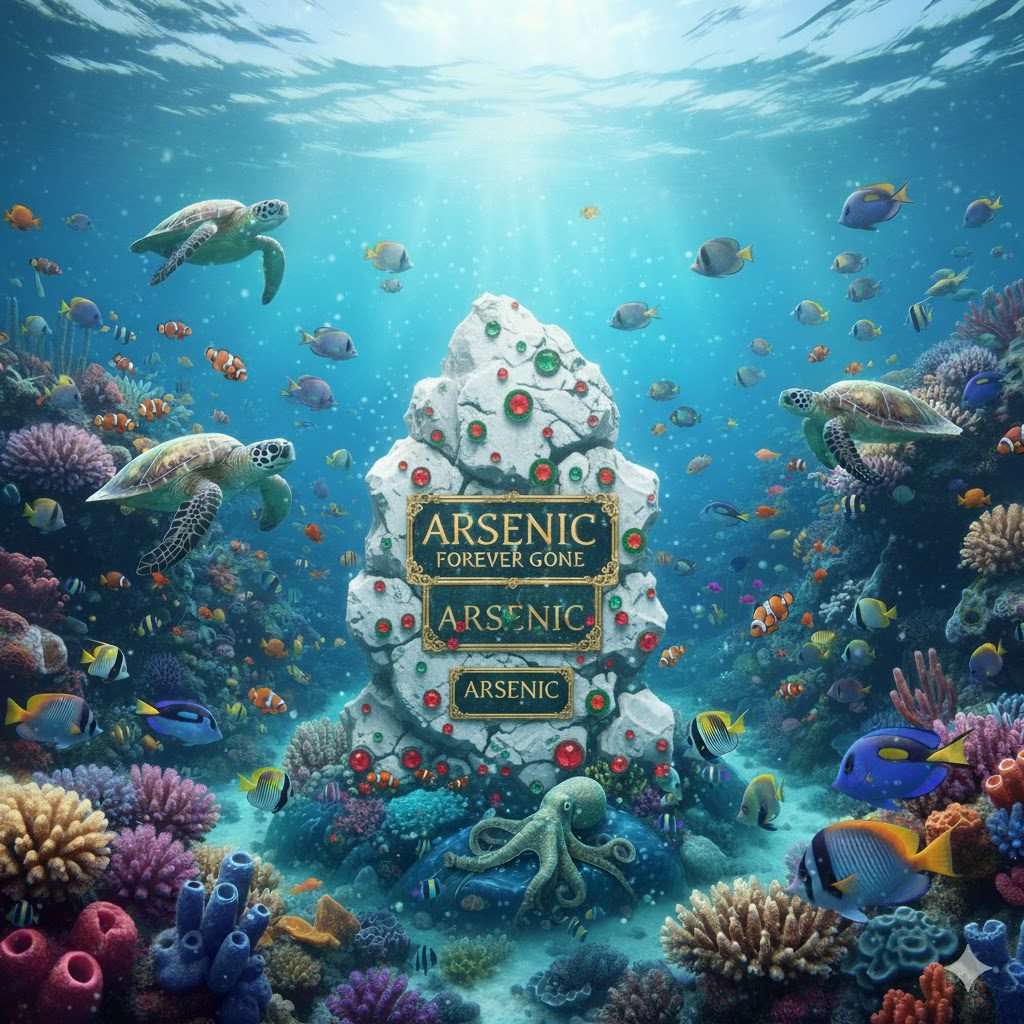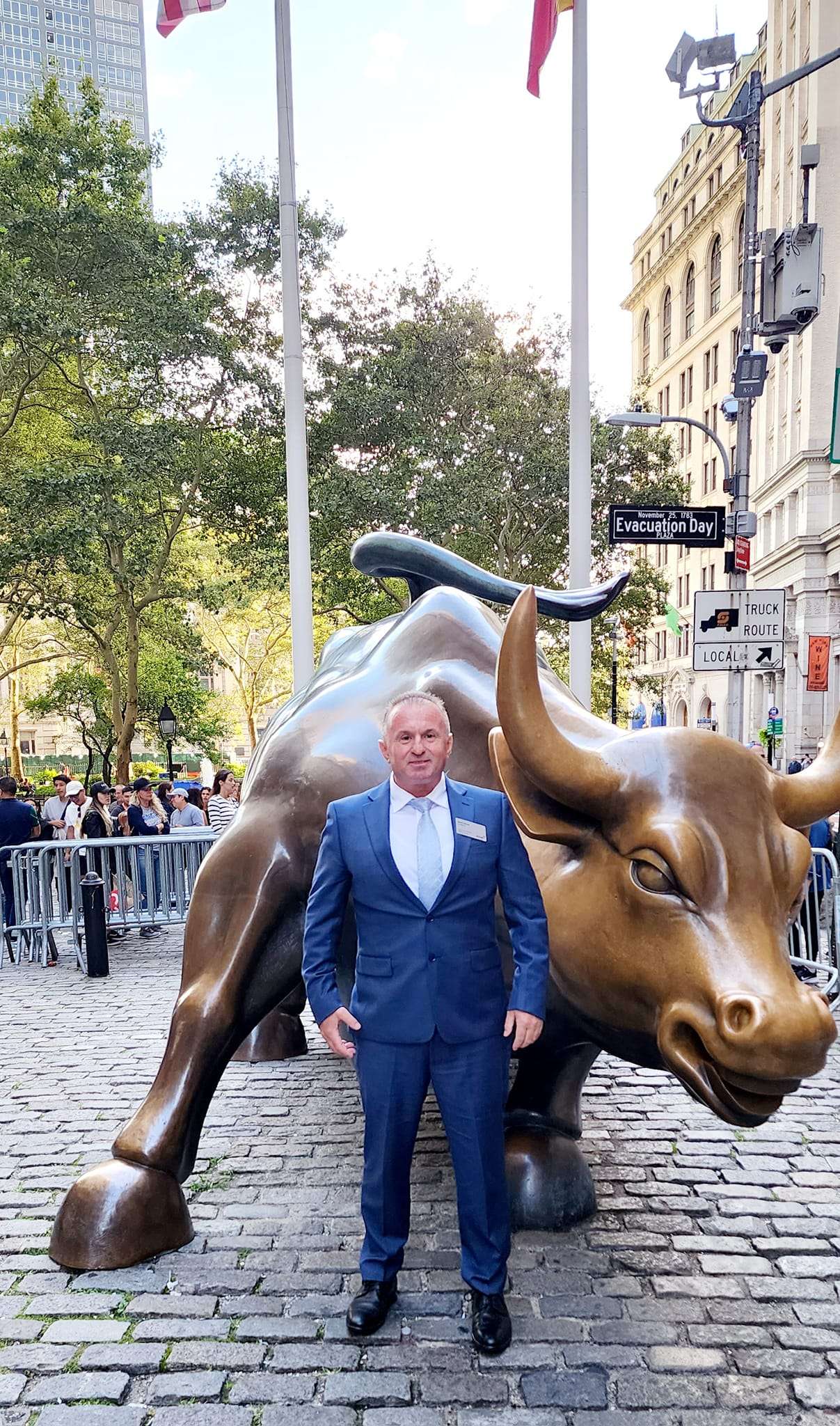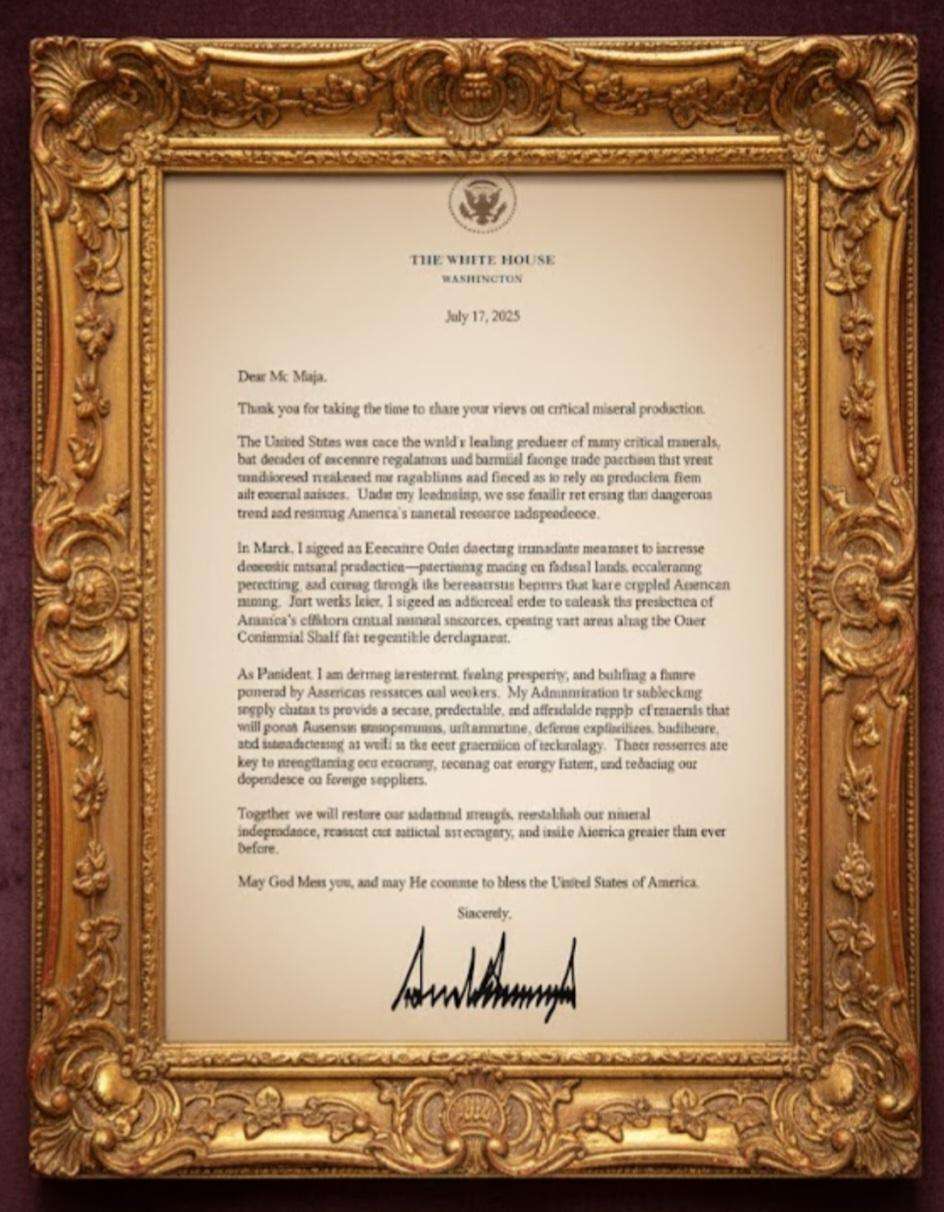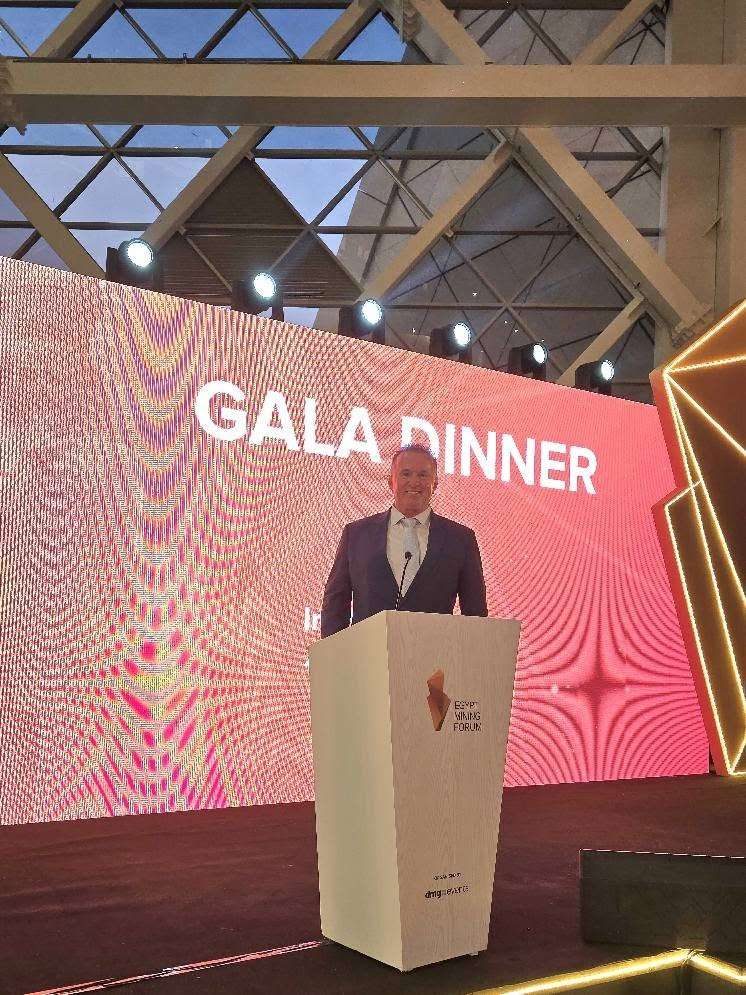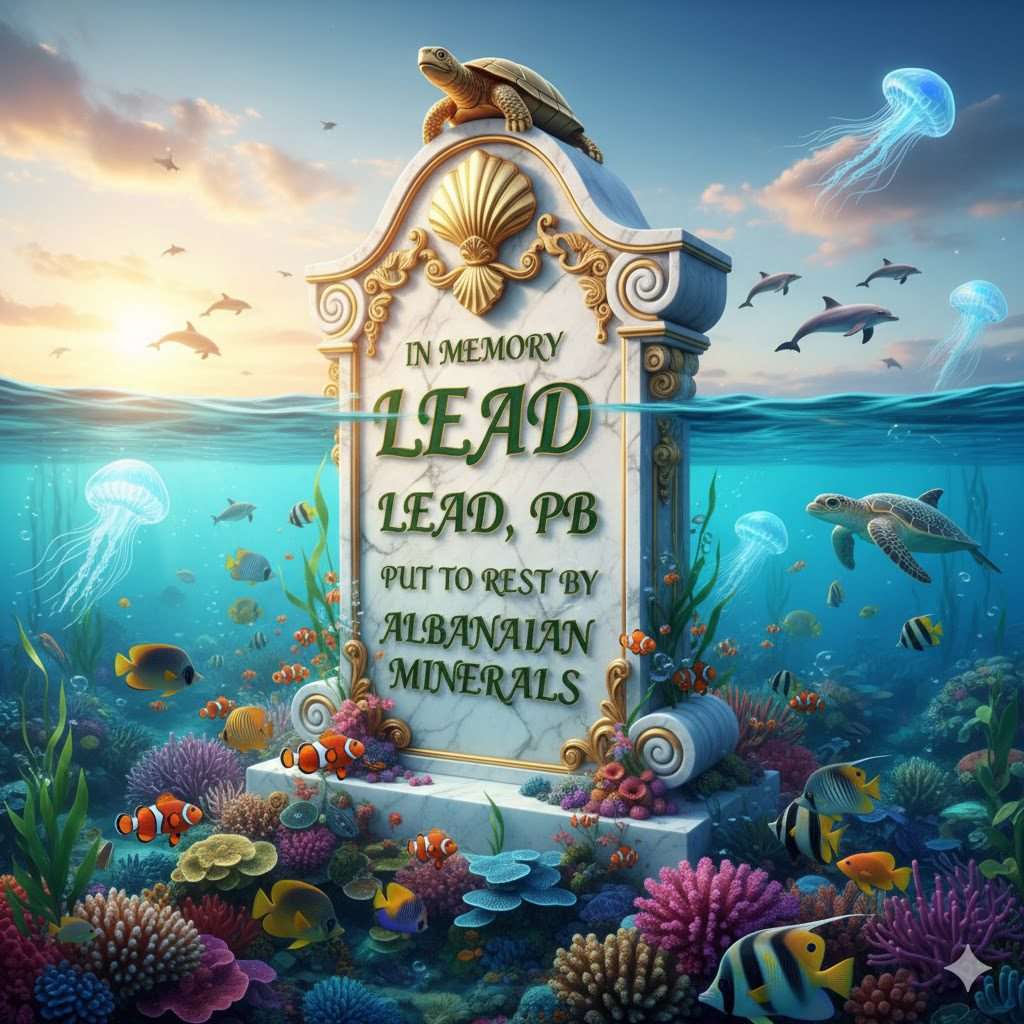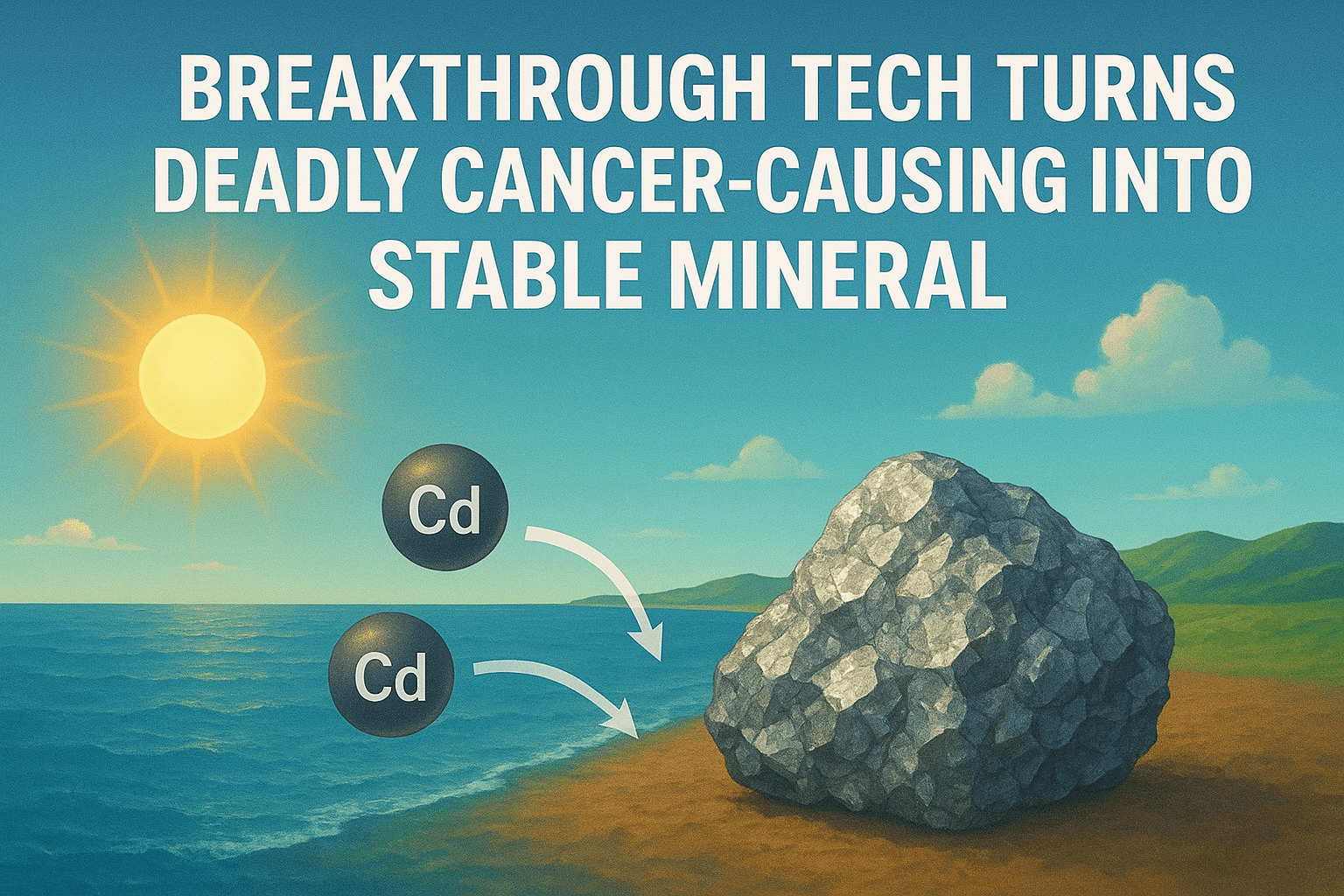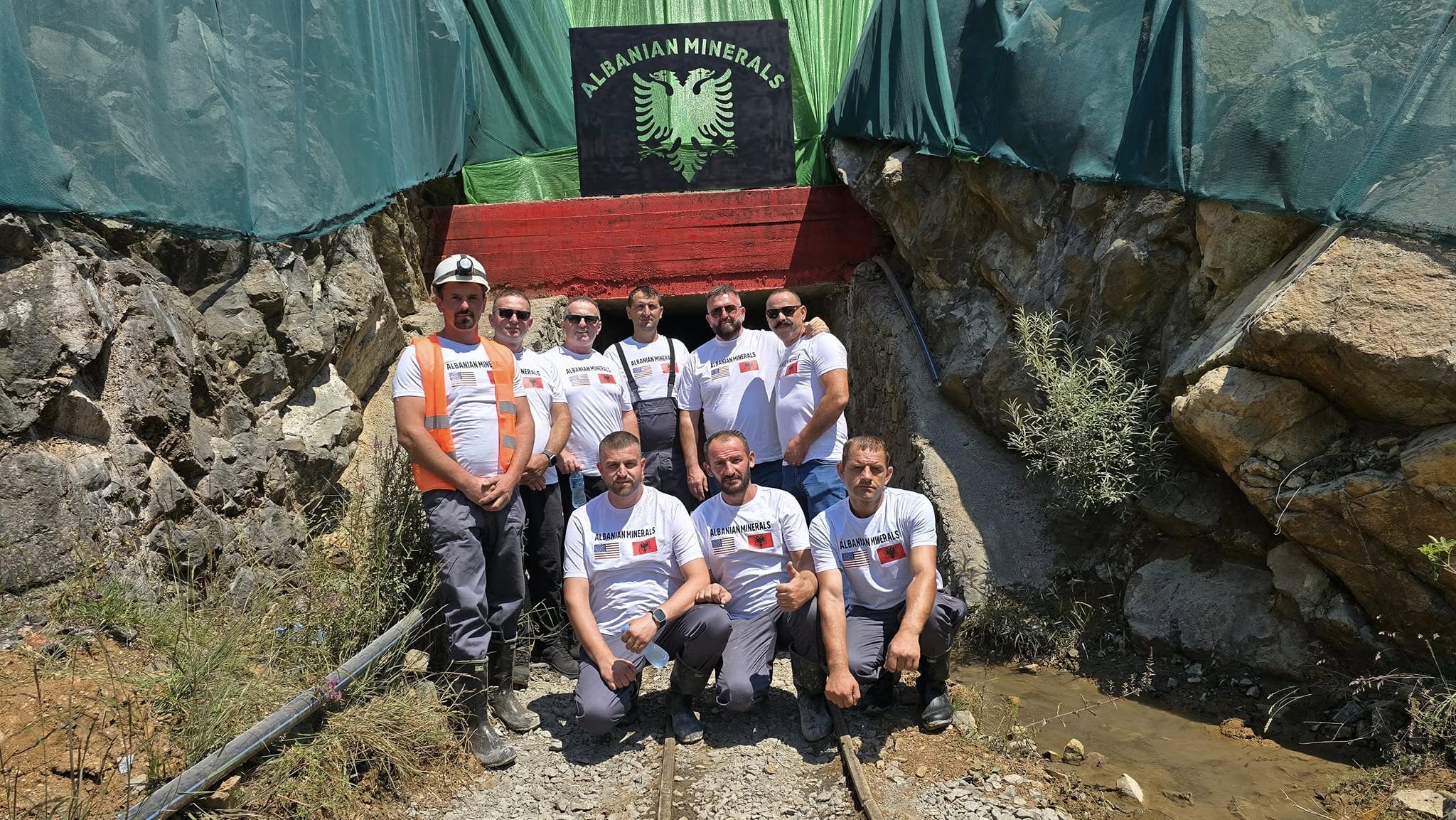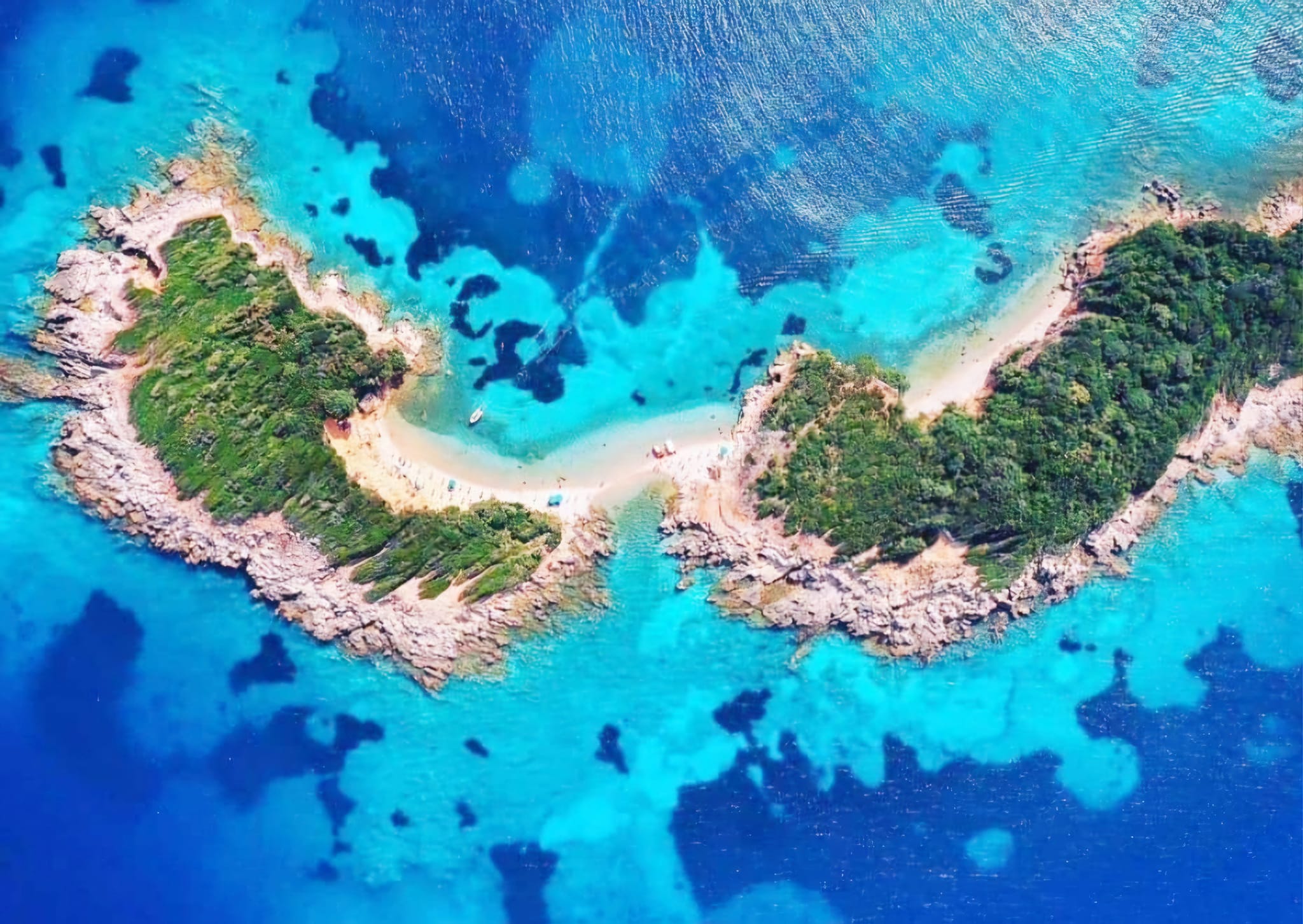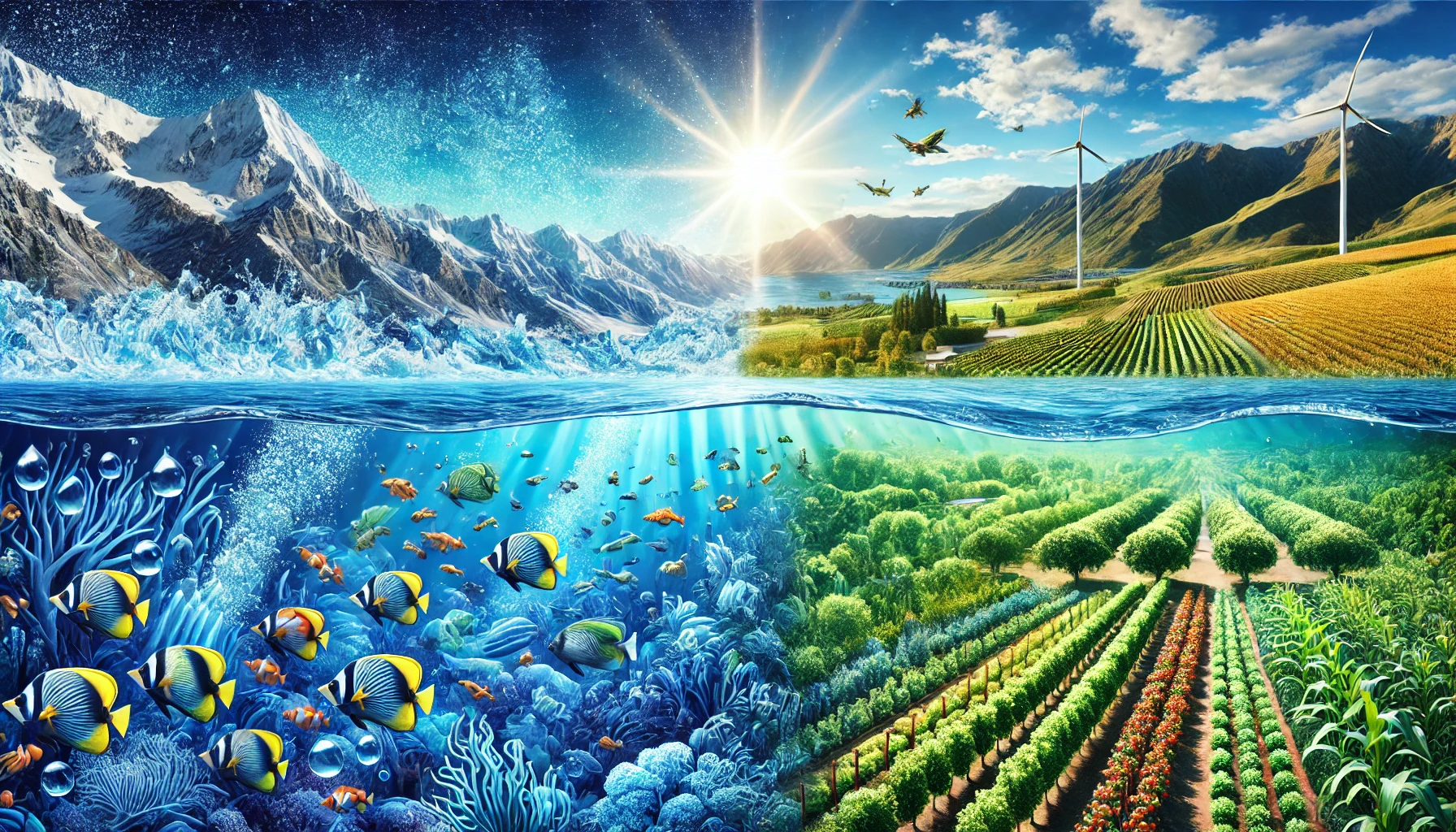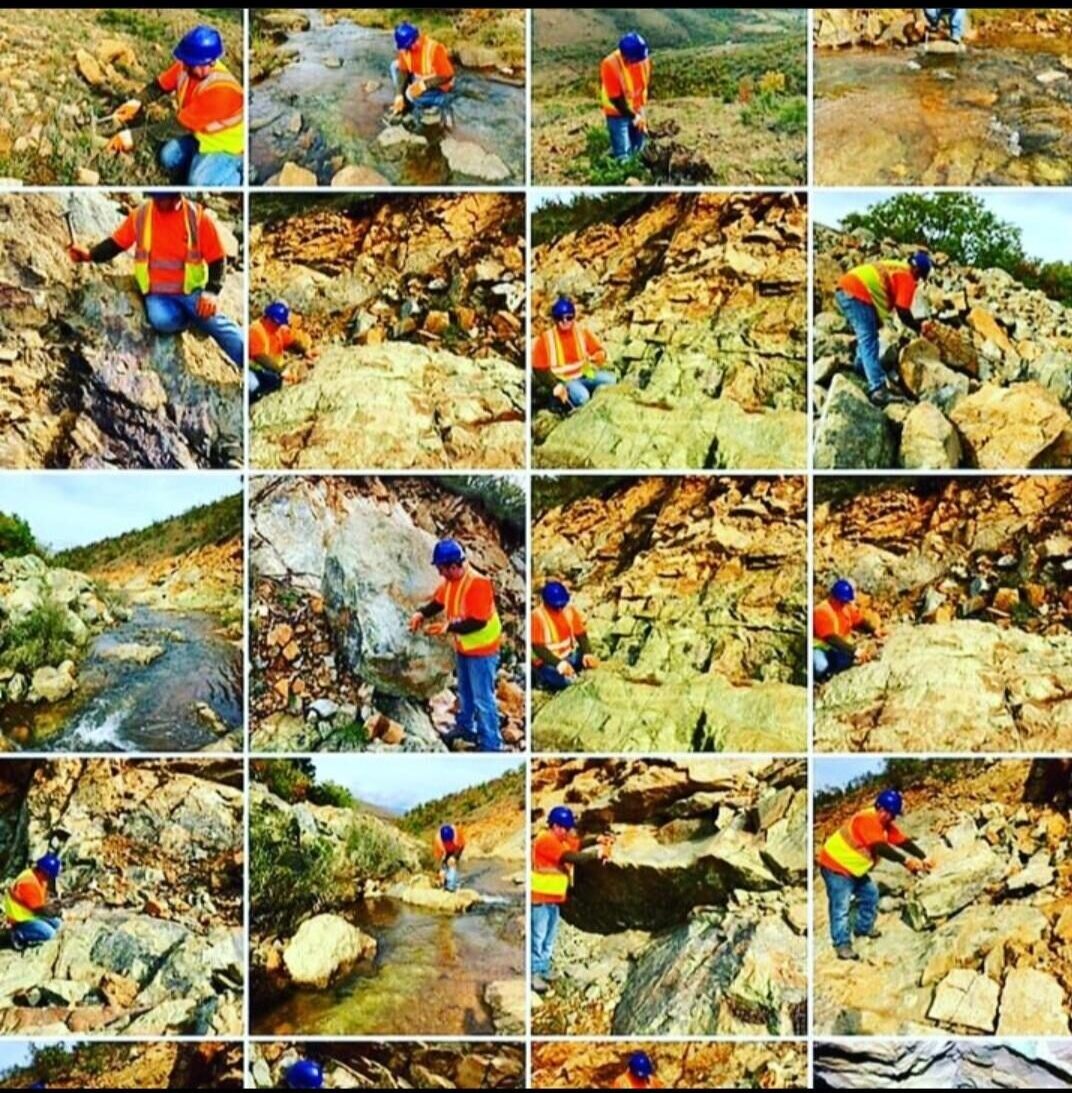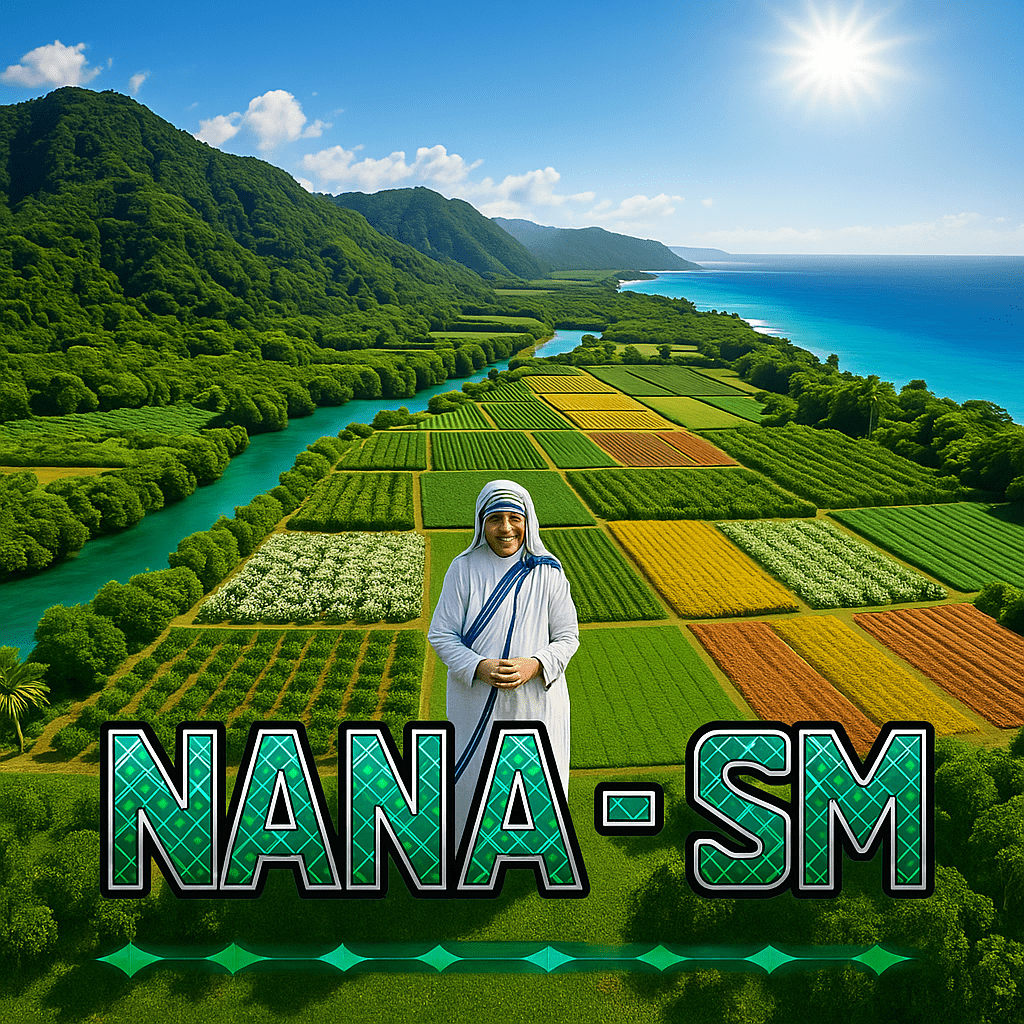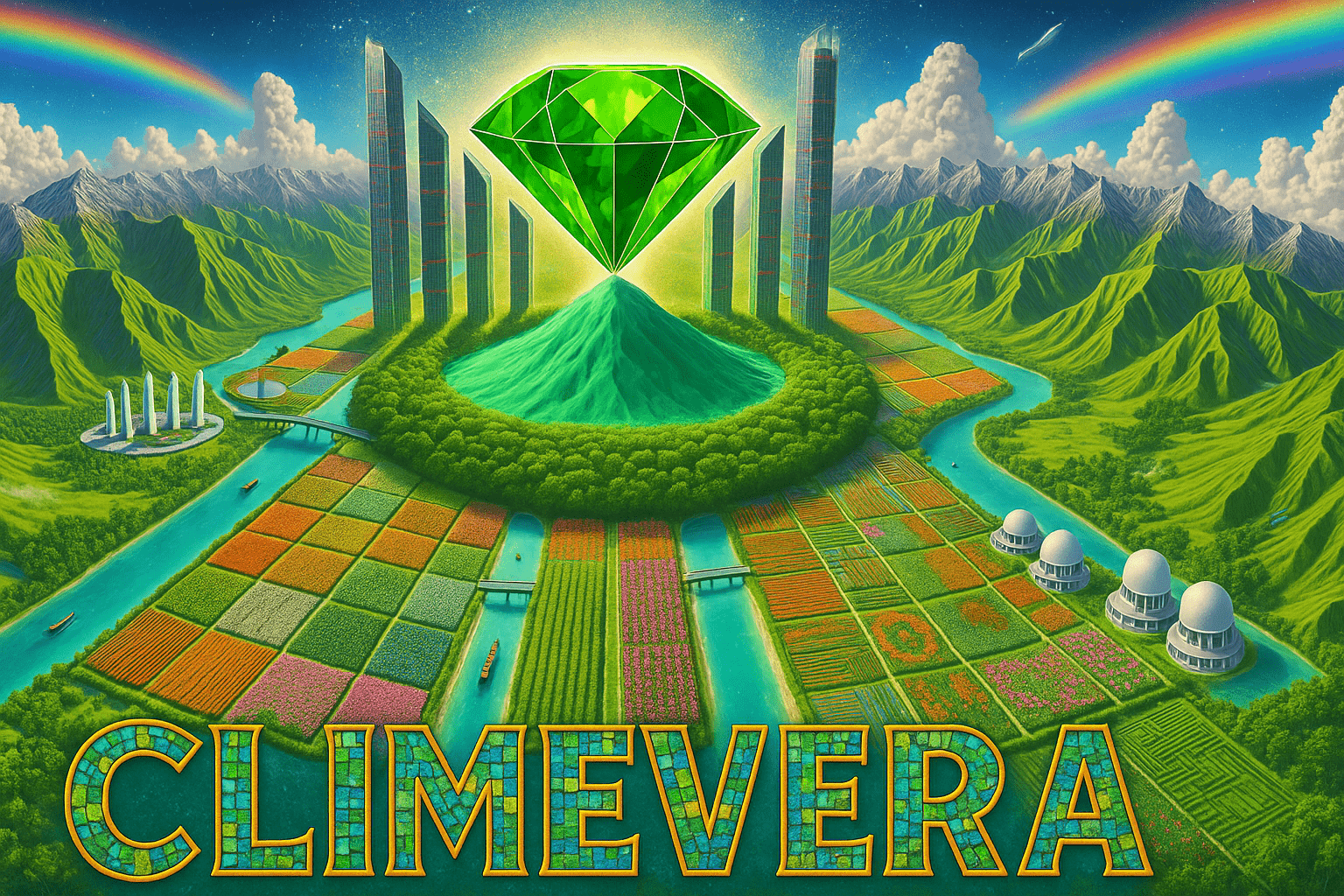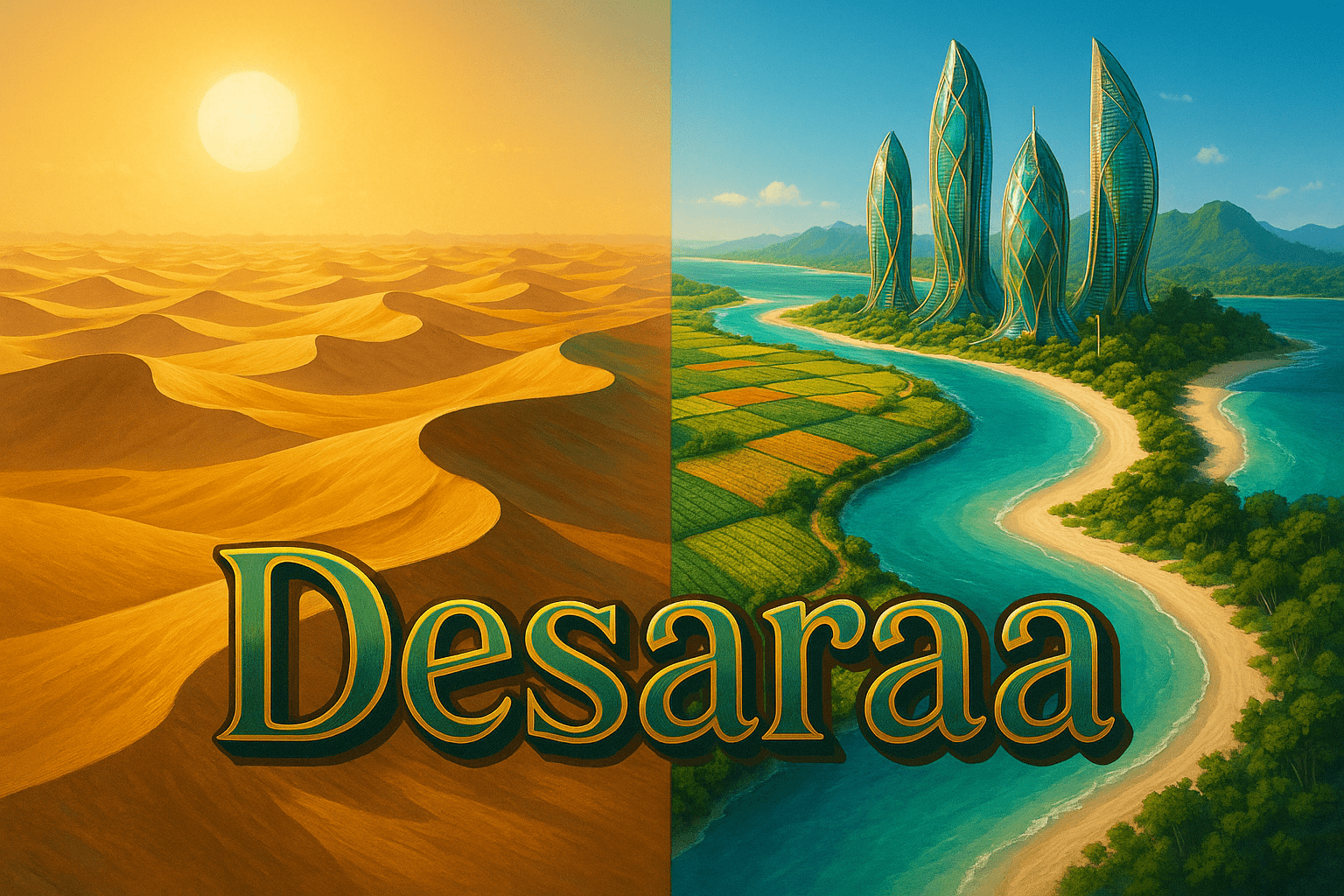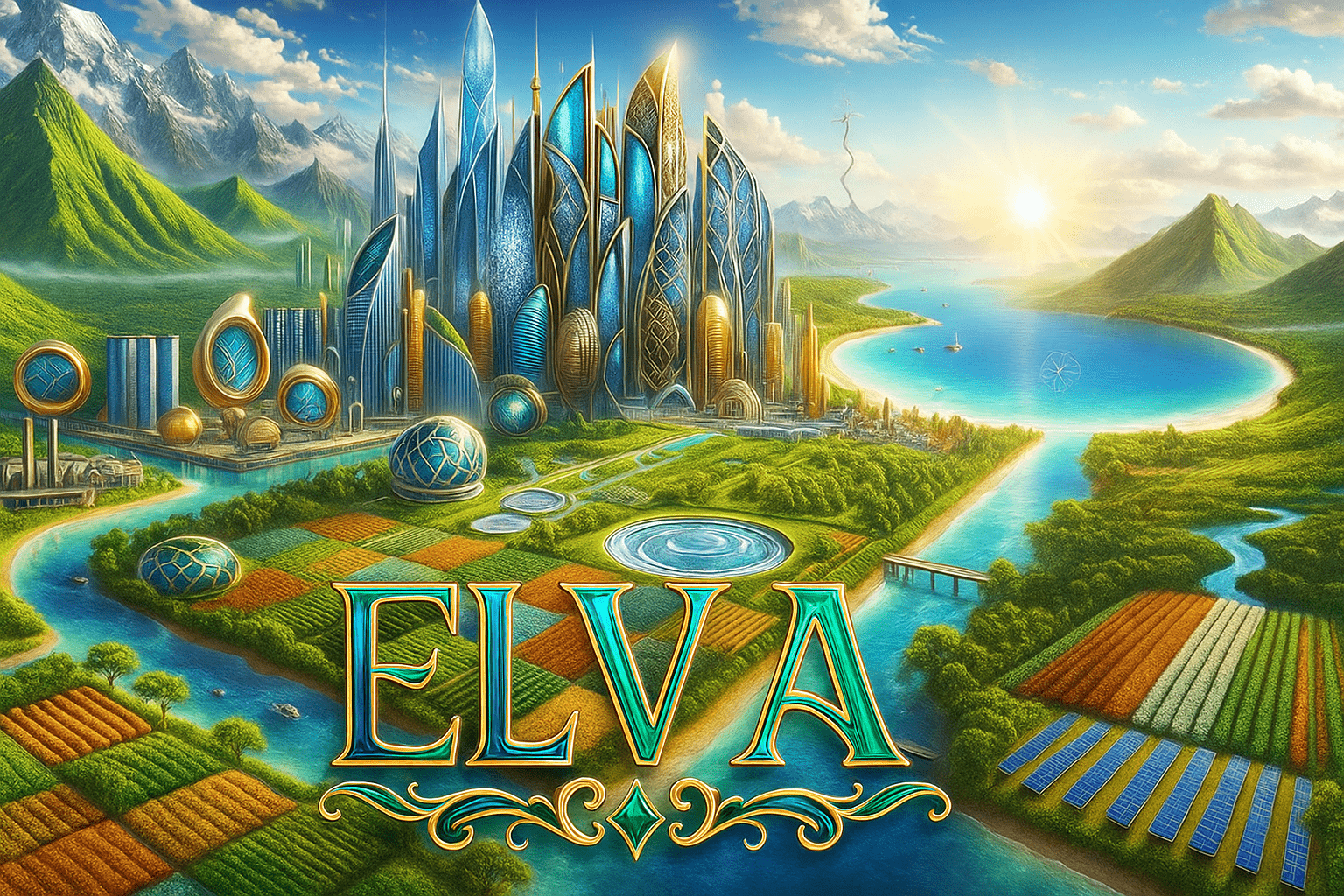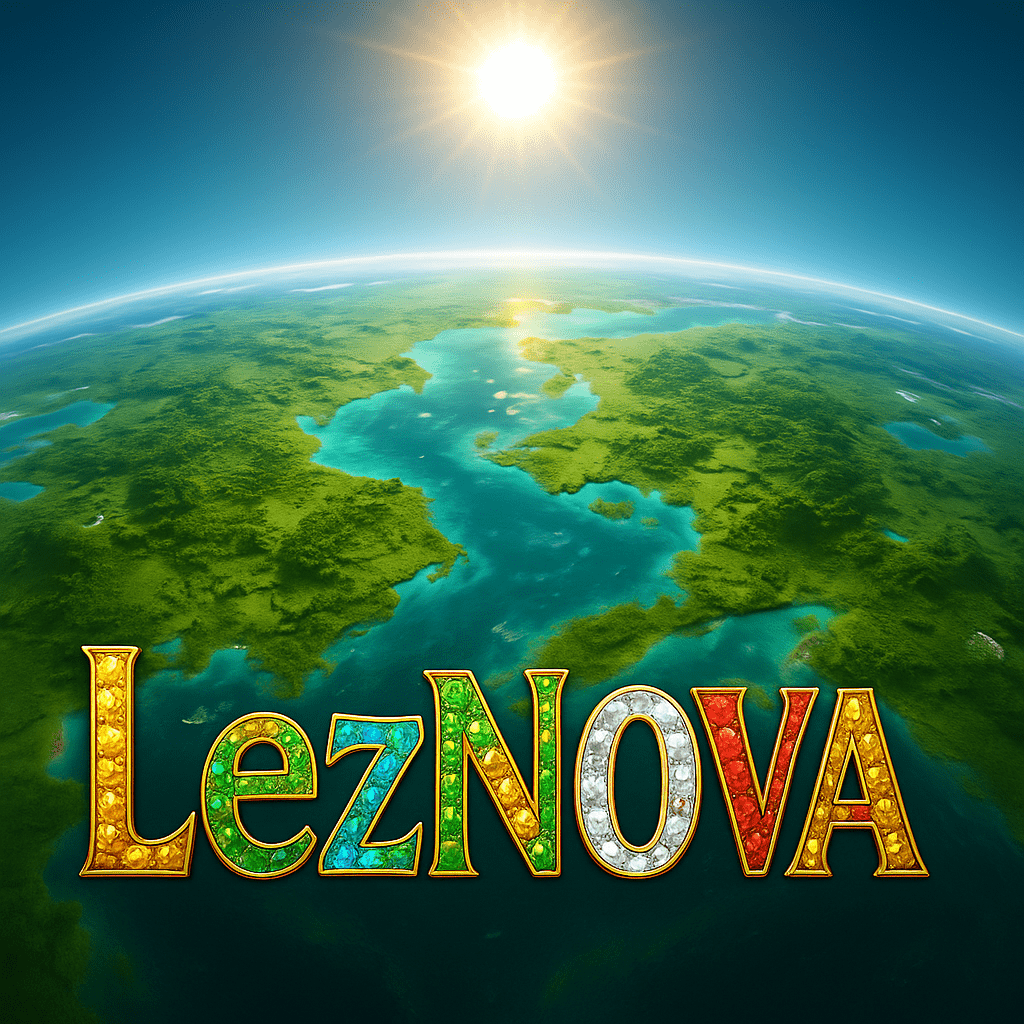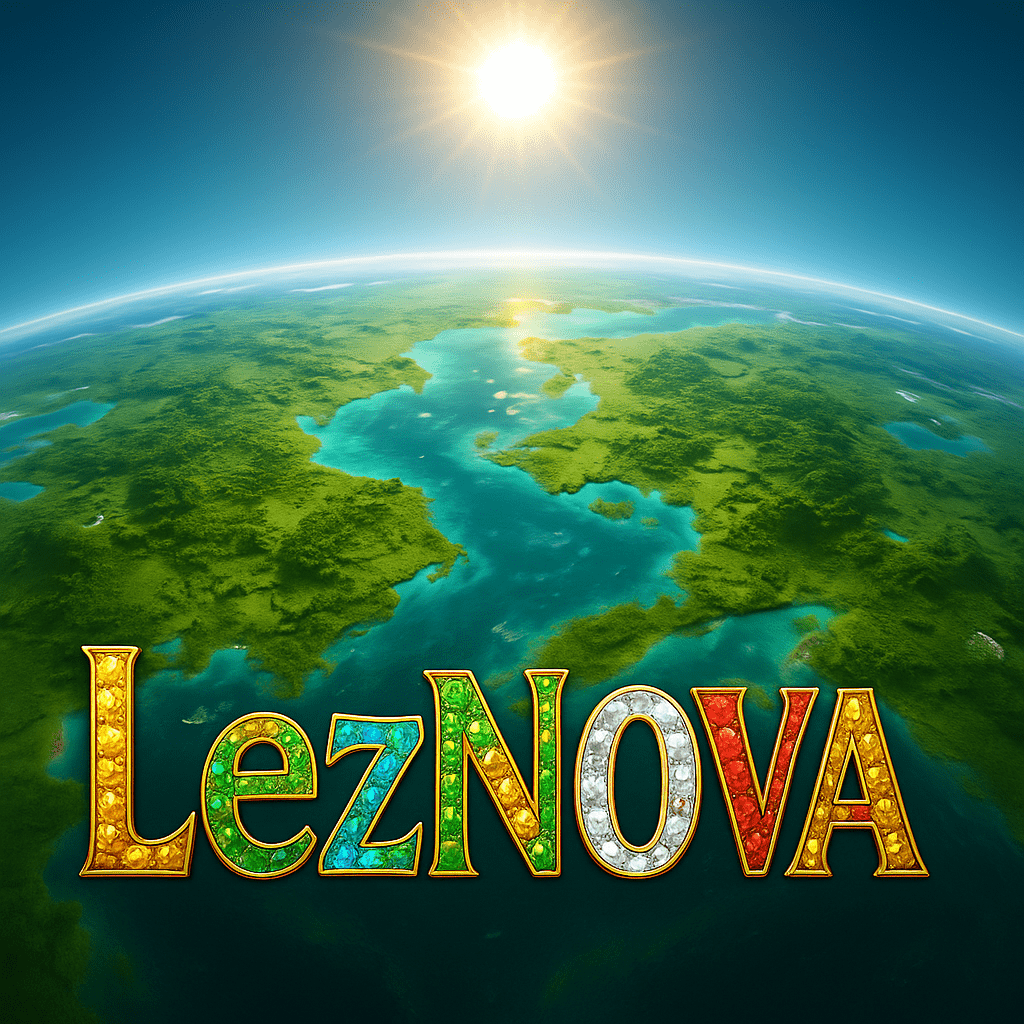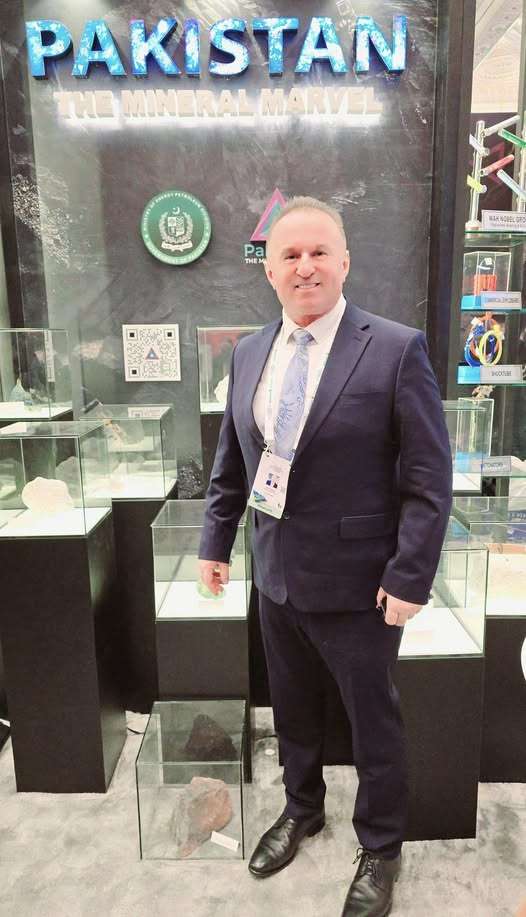
Pakistan: The Sleeping Titan of Mineral Wealth — Sahit Muja’s Vision for a Green Industrial Renaissance
By visiting Pakistan, Sahit Muja, CEO of Albanian Minerals, embarks on a journey to uncover not only mineral treasures but the profound potential of a nation poised to redefine the future of sustainable industry. Pakistan, a land where the echoes of ancient civilizations meet the promise of tomorrow, holds beneath its mountains, deserts, and valleys a mineral empire yet to be awakened. Its copper-laden peaks, iron-rich plains, and untapped lithium veins whisper of opportunity; its emeralds, rubies, and tourmalines shine with timeless beauty. Yet, these riches are more than resources—they are keys to a new era of planetary-scale innovation, industrial revolution, and ecological transformation.
Sahit Muja stands at the forefront of this vision. Under his stewardship, Albanian Minerals is pioneering technologies that convert humanity’s greatest crises—pollution, climate change, land degradation, ocean acidification—into opportunities for economic and ecological renewal. For decades, industrialization and human activity have left a staggering toll: millions of lives lost, ecosystems damaged, economies burdened with over $8 trillion annually in environmental costs. Toxic metals like cadmium, lead, chromium, uranium, mercury, nickel, copper, zinc, cobalt, and hazardous gases such as sulfur dioxide, carbon monoxide, carbon dioxide, ozone, and nitrogen oxides have long been considered irreversible threats.
Yet, where others see catastrophe, visionaries like Sahit Muja see potential—the foundation for a trillion-dollar green economy, built upon the Earth’s own minerals, advanced technologies, and human ingenuity. Albanian Minerals is transforming pollution into permanence, disaster into opportunity, and risk into prosperity. By leveraging high-grade green magnesium olivine, AI-driven industrial systems, ocean-wave-powered activation technologies, and advanced geochemistry, Albanian Minerals has developed solutions that neutralize toxic metals, sequester deadly gases, and restore the natural resilience of Earth’s ecosystems. What was once humanity’s burden becomes an industrial and ecological asset.
Toxic pollutants are permanently transformed: cadmium becomes inert carbonate, lead crystallizes into stable minerals, chromium, uranium, mercury, arsenic, nickel, copper, zinc, and cobalt are immobilized and rendered harmless. Airborne gases are neutralized through mineral catalysis, converting sulfur dioxide, carbon monoxide, ozone, carbon dioxide, and nitrogen oxides into stable, regenerative compounds. These technologies do not require external energy—they harness the power of natural forces: sunlight, rain, and ocean waves. This is not remediation; this is planetary regeneration. Pollution becomes a resource. Crisis becomes creation.
The implications are profound. Carbon dioxide is captured and stored as mineral carbonates, acidified oceans are restored, soils are detoxified and replenished, ecosystems revived. Magnesium olivine acts as the catalyst for a planetary renaissance, a single mineral turning toxicity into opportunity, restoring balance and fertility across land, air, and water. Albanian Minerals’ approach is visionary industrialism at its most sophisticated: ethical, profitable, scalable, and aligned with nature’s intelligence.
In Pakistan, the scale of opportunity mirrors the ambition of this vision. The legendary Reko Diq copper and gold deposits, the Saindak Mine, and the Thar Coalfield stand as colossal reserves of untapped potential. Iron-rich regions of Chiniot and Kalabagh pulse with promise for a steel revolution, while lithium and rare earth minerals hidden in the mountains of Balochistan and Khyber Pakhtunkhwa hold the key to green technologies. Pakistan’s gemstone treasures—the emeralds of Swat, rubies of Gilgit, and tourmalines of Khyber Pakhtunkhwa—offer not only wealth but inspiration. The Khewra Salt Mine, the oldest in the world, stands as a testament to enduring value.
Yet, mineral wealth alone is not enough. Its power lies in transformation—through science, technology, and visionary leadership. Sahit Muja and Albanian Minerals embody this vision: turning Pakistan’s natural bounty into a driver of sustainable industrial growth, ecological renewal, and global technological leadership. This is not philanthropy; it is intelligent capitalism at its highest form, where environmental stewardship, human innovation, and economic prosperity converge.
Every ton of olivine deployed by Albanian Minerals is an act of planetary healing. Every geochemical reaction—whether neutralizing mercury, transforming lead, or sequestering carbon dioxide—is a step toward a future where the Earth regenerates itself, where industrial progress and ecological responsibility coexist, and where humanity turns its greatest challenges into its most enduring opportunities.
The age of passive remediation is over. The age of planetary-scale regeneration has begun. In the hands of visionaries like Sahit Muja, minerals are no longer mere raw materials—they are instruments of transformation, catalysts for a green industrial revolution, and the foundation for a sustainable, trillion-dollar future.
From the copper-clad mountains of Balochistan to the emerald valleys of Swat, Pakistan stands at the threshold of a new era. Its mineral wealth, combined with human ingenuity, technological sophistication, and ecological vision, can ignite a renaissance of industry, energy, and environmental stewardship on a global scale. This is the moment for Pakistan to awaken, to rise as a leader in sustainable mining and industrial innovation, and to shape a future where prosperity, ecological balance, and technological advancement walk hand in hand.
Sahit Muja’s journey is not merely about extraction—it is about transformation, renewal, and legacy. It is about seeing possibility where others see peril, potential where others see depletion, and opportunity where others see crisis. Through the alchemy of green minerals, advanced technology, and human vision, the future of Pakistan—and the future of the planet—can be rewritten.
The treasures of Pakistan are calling. With bold vision, scientific ingenuity, and ethical industrialism, a new chapter awaits—one where minerals are more than wealth, technology more than innovation, and industry more than production. Here lies the frontier of a sustainable, regenerative, and prosperous tomorrow.

